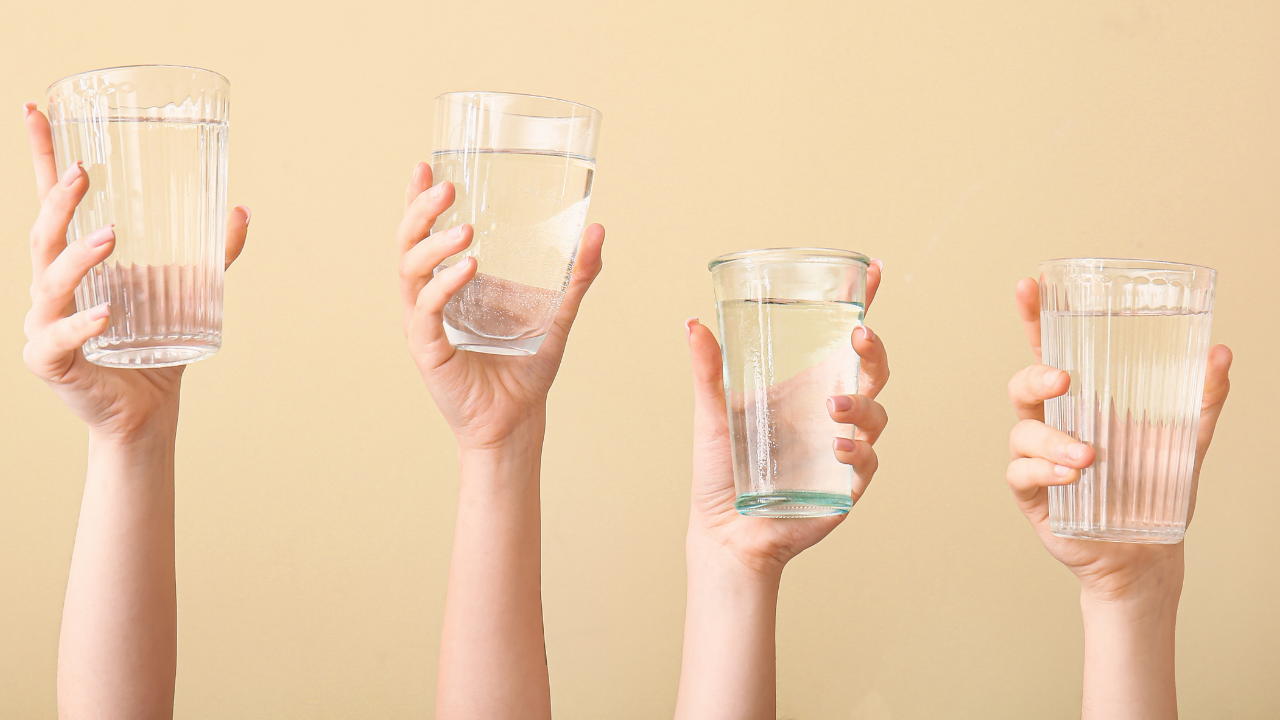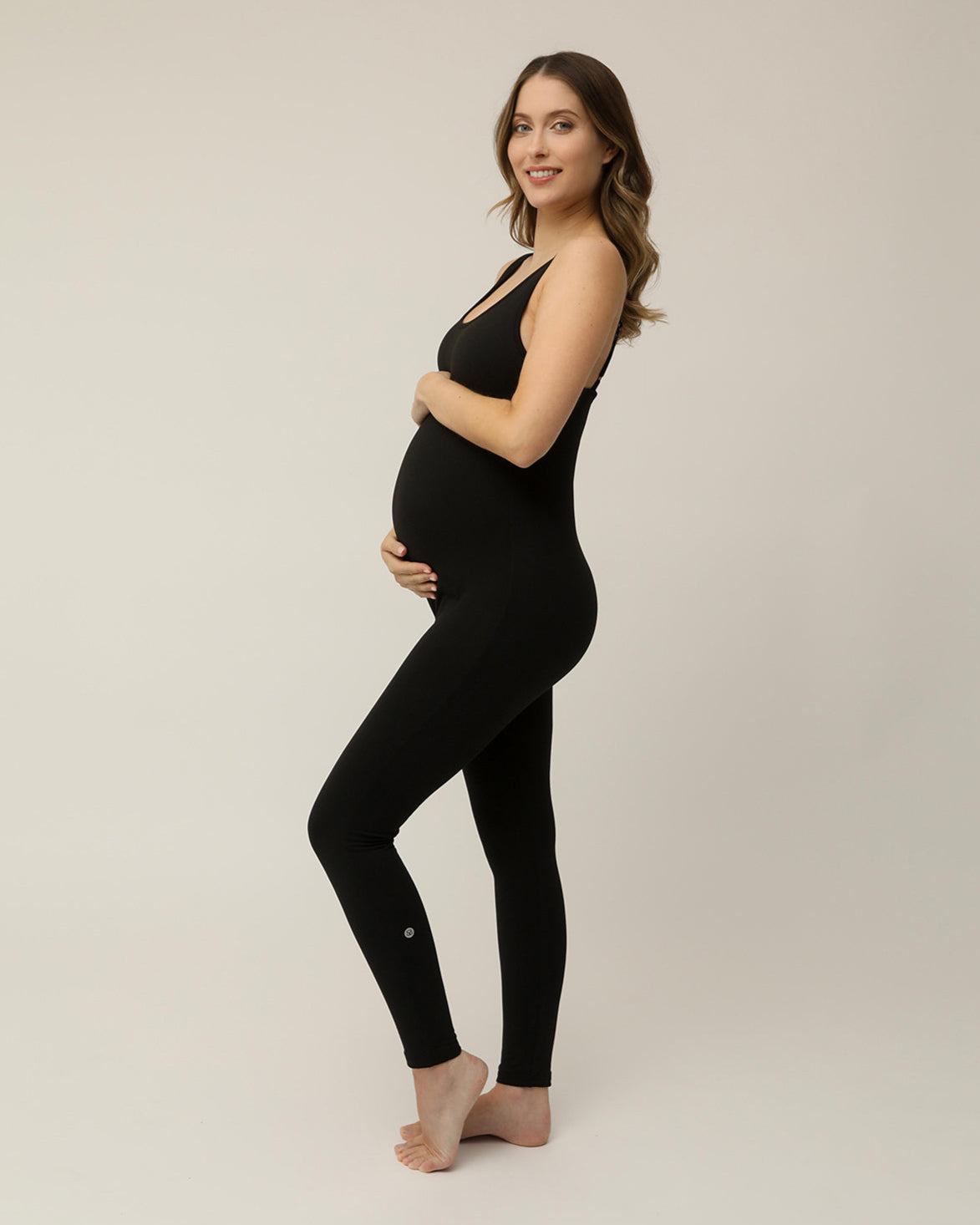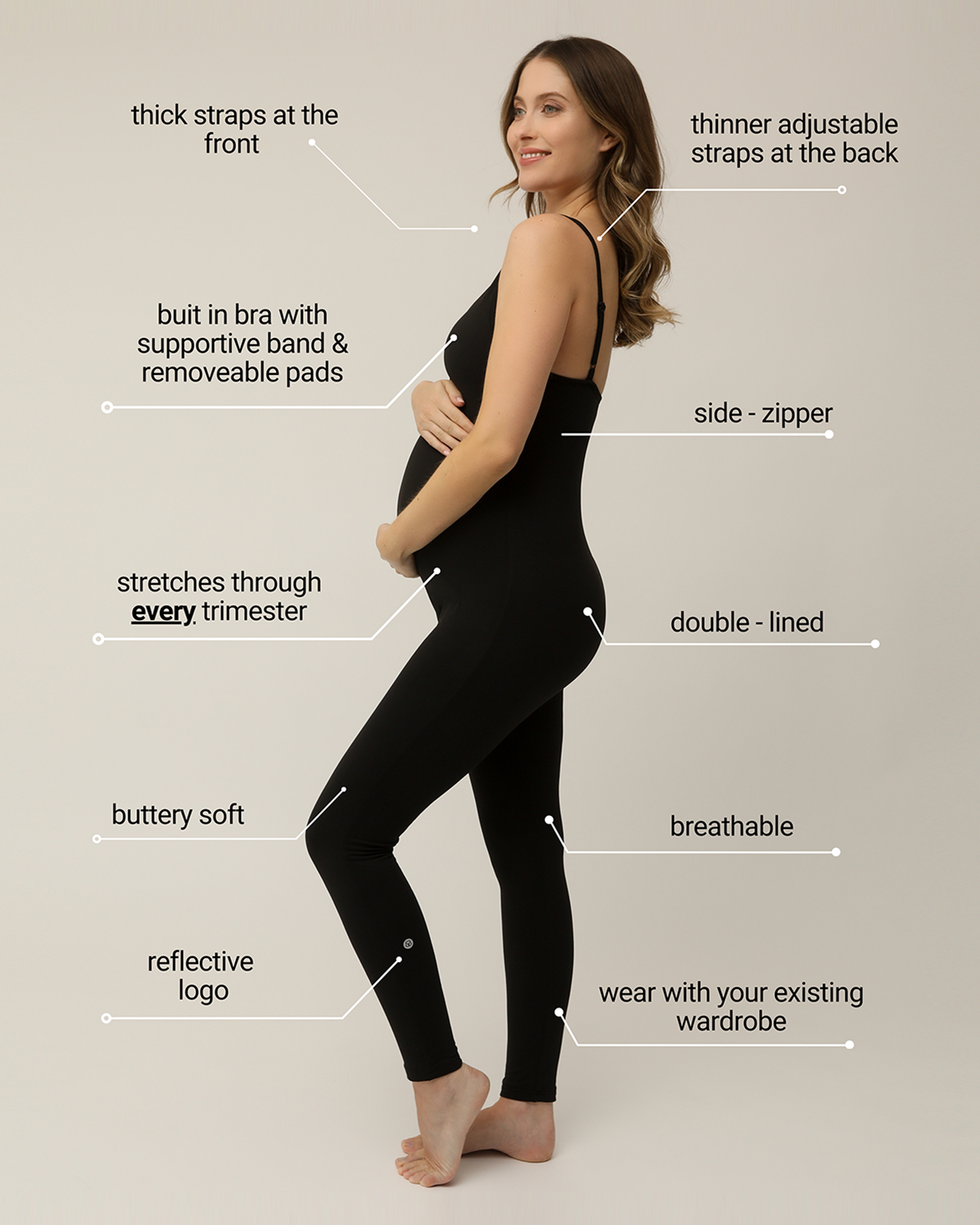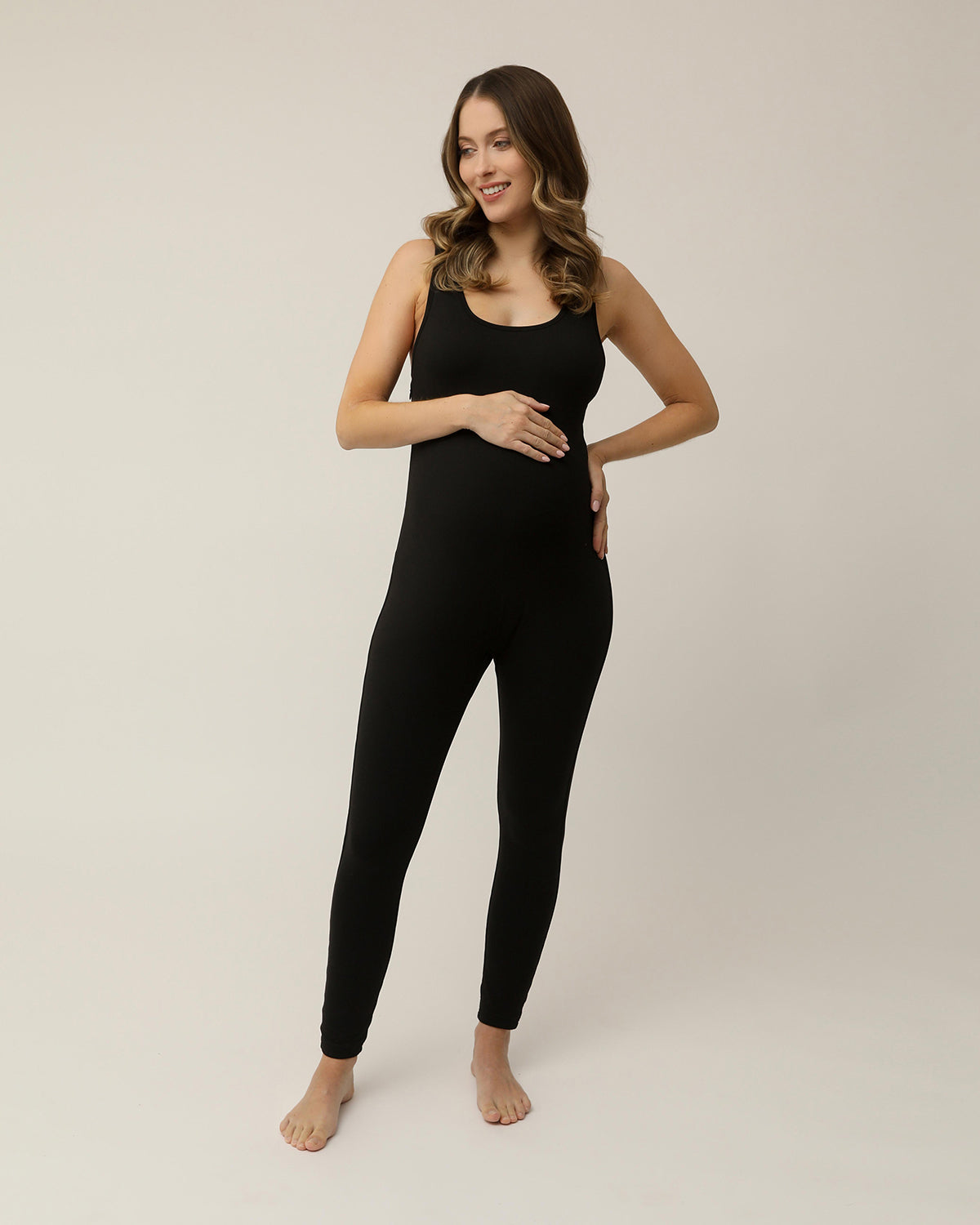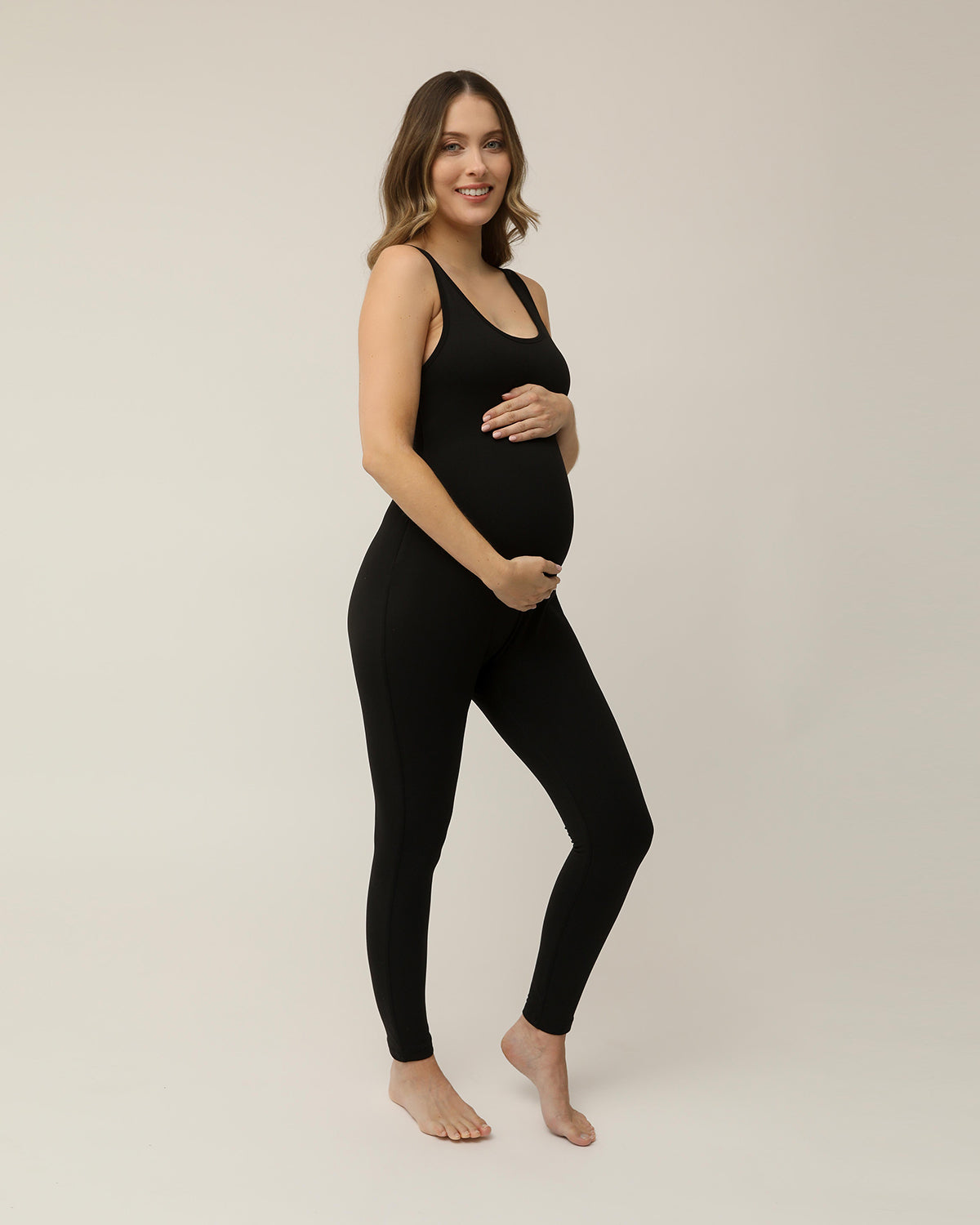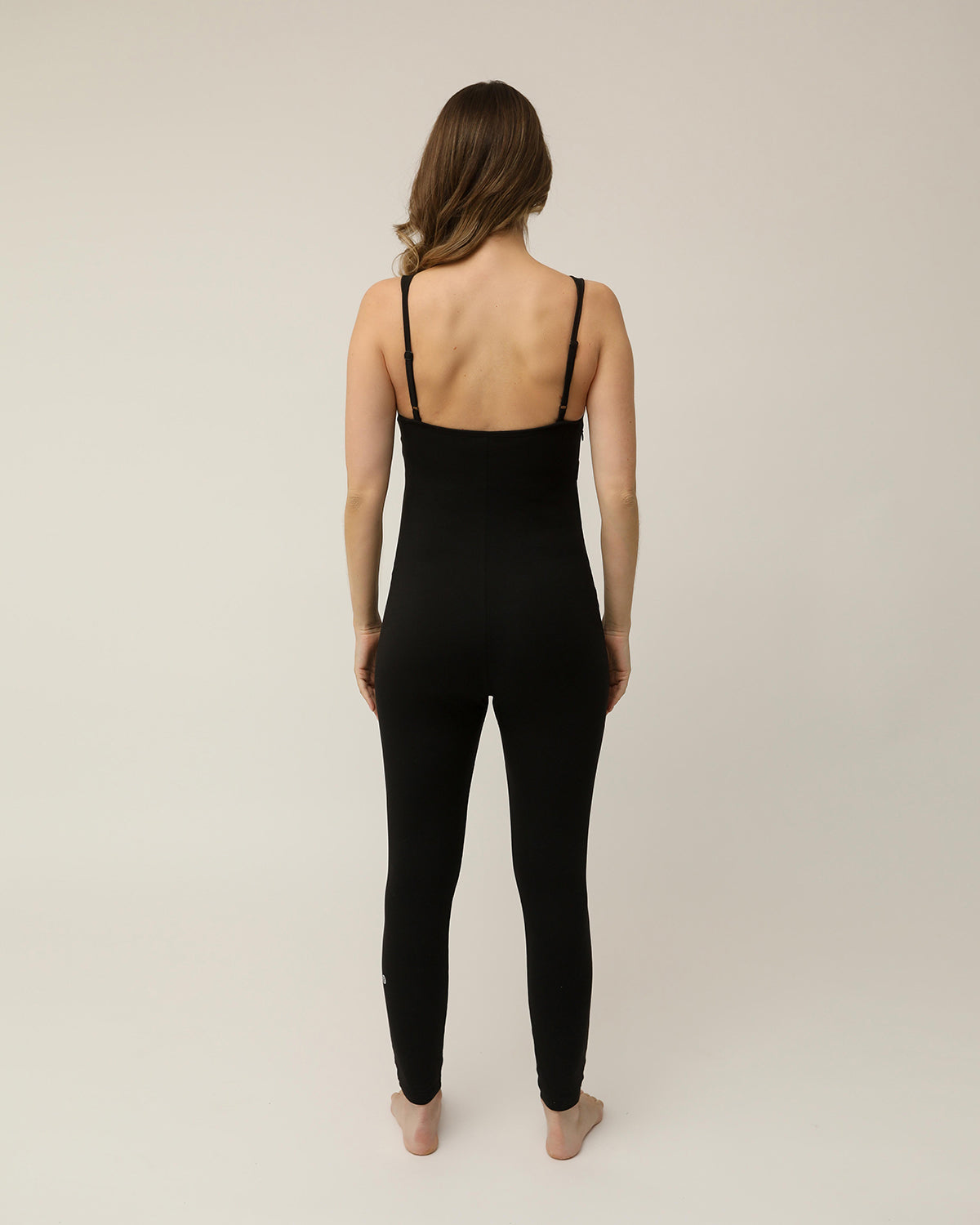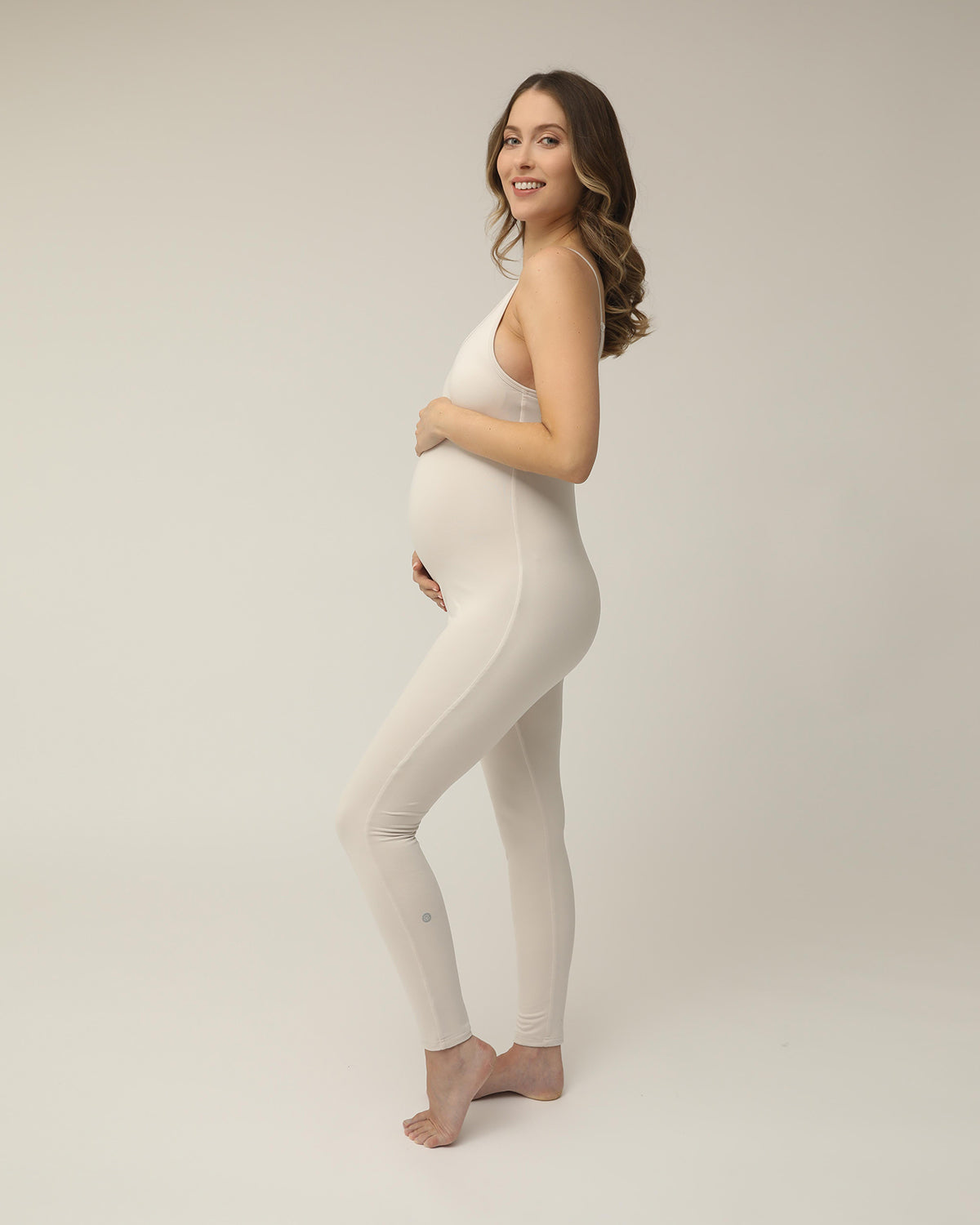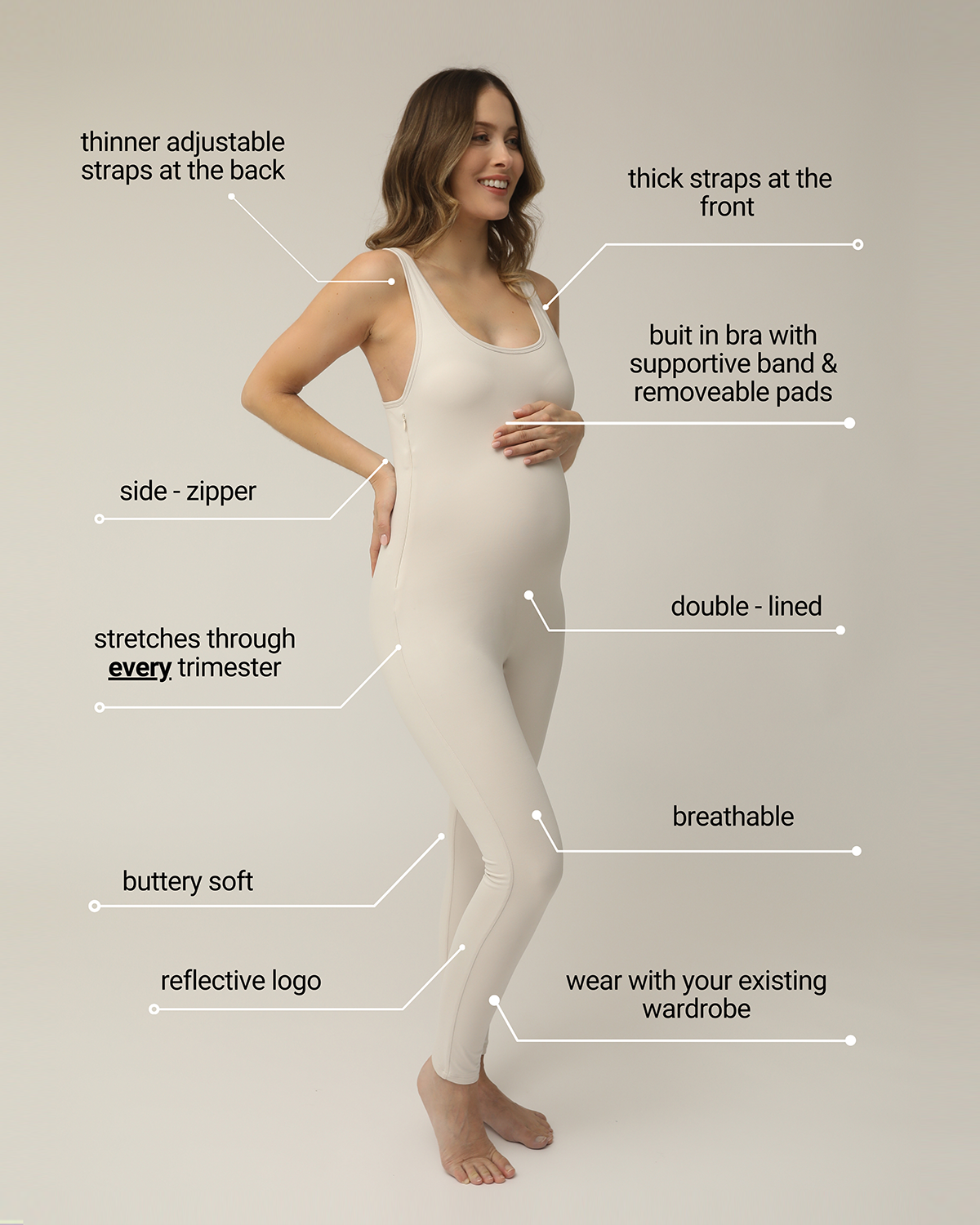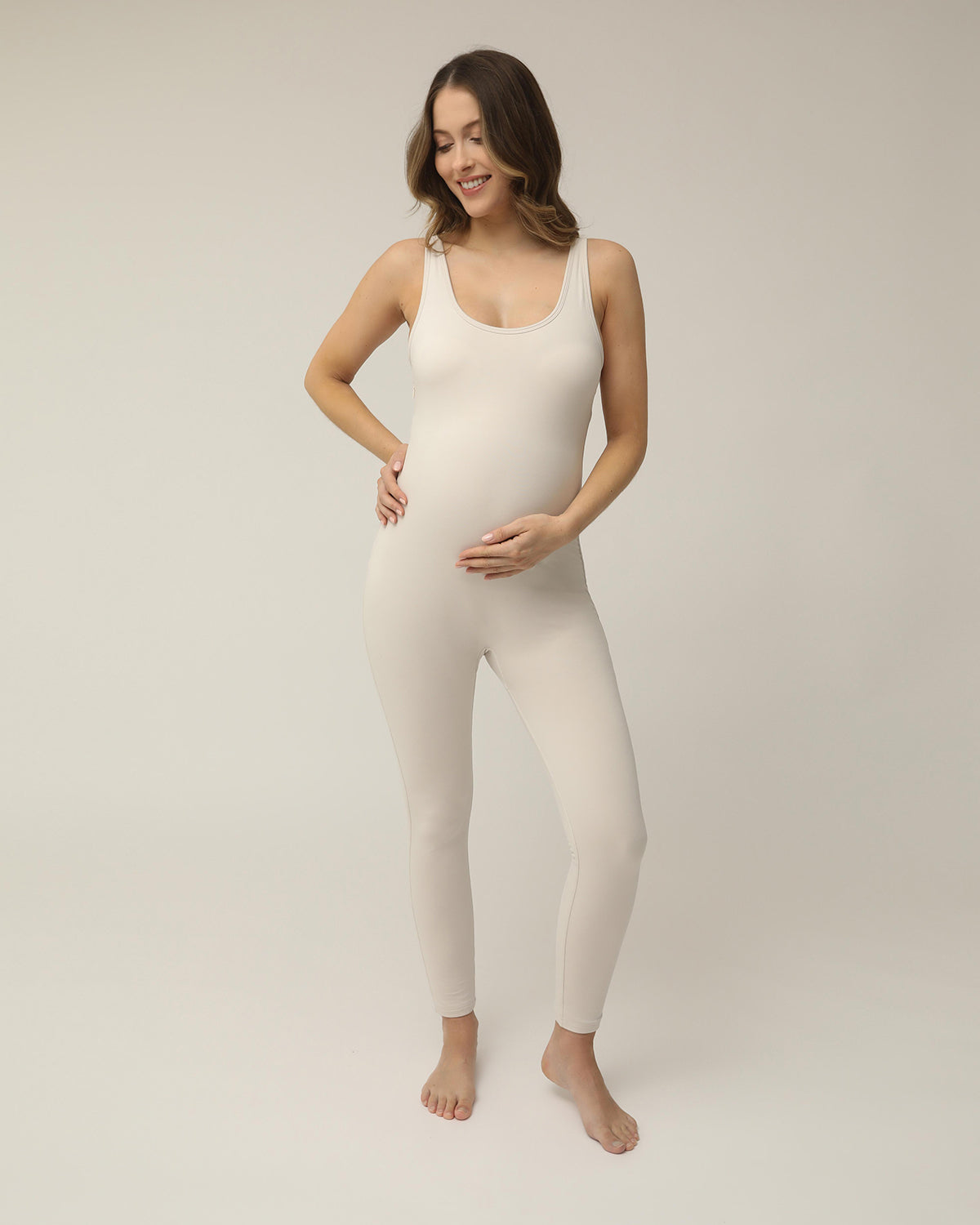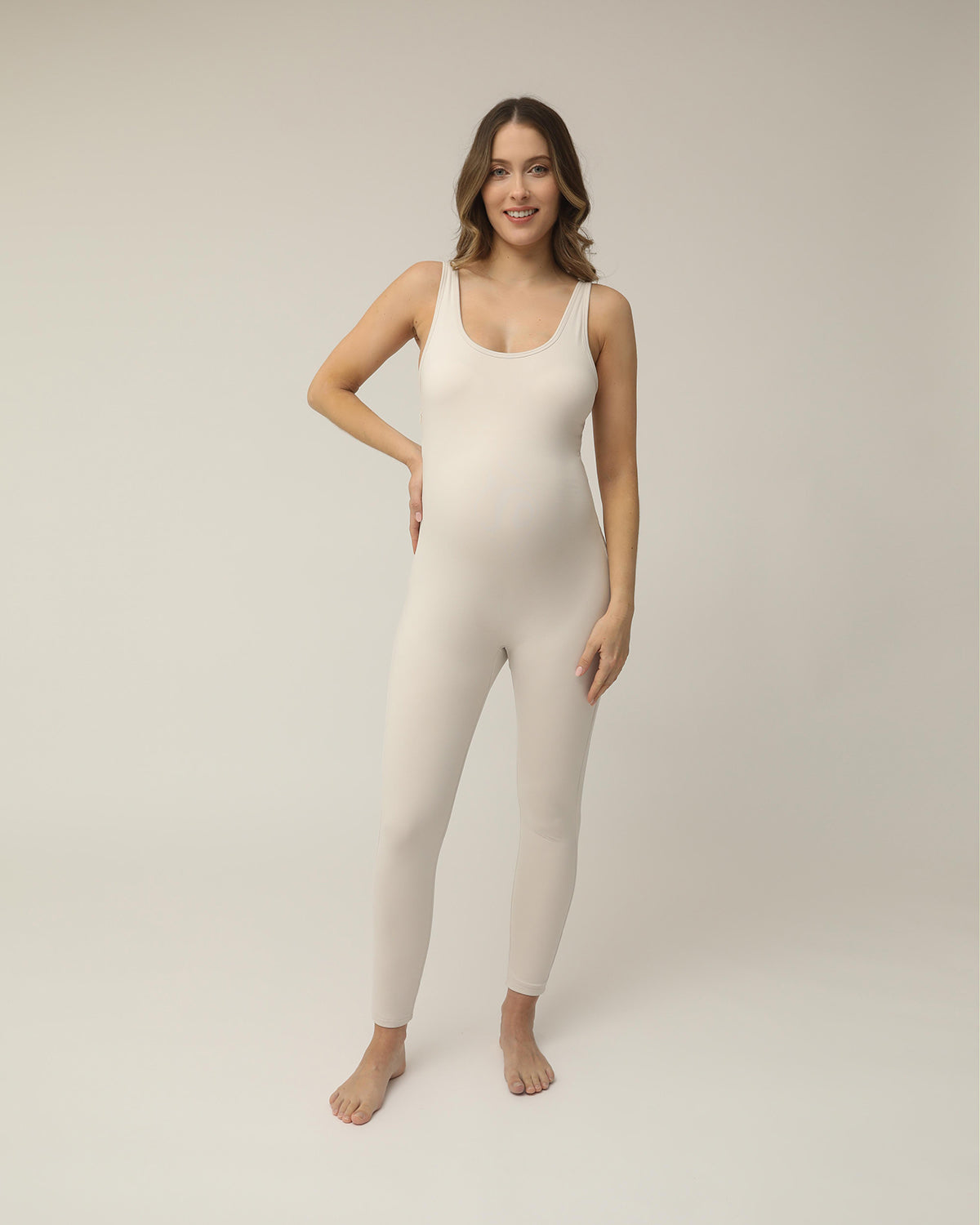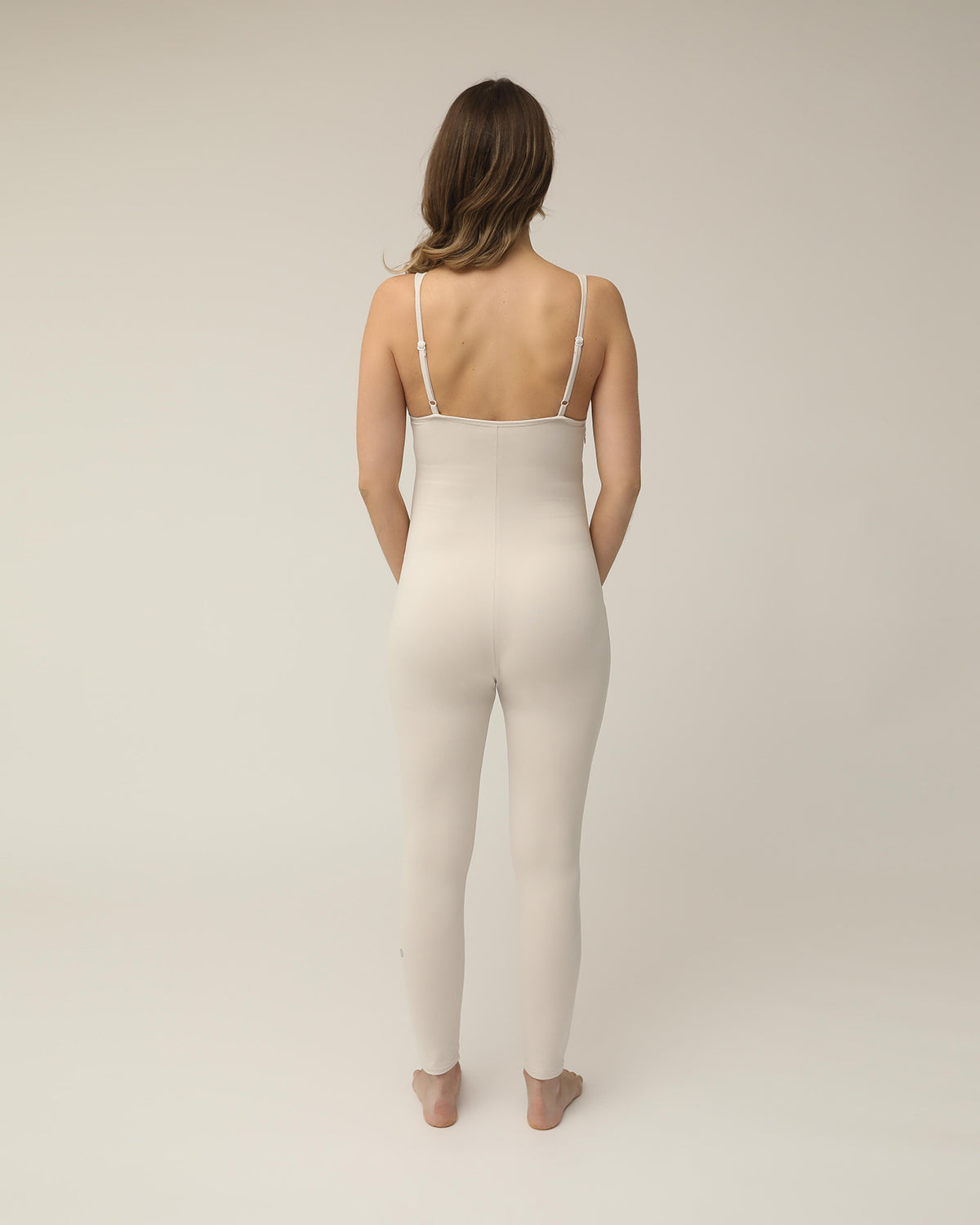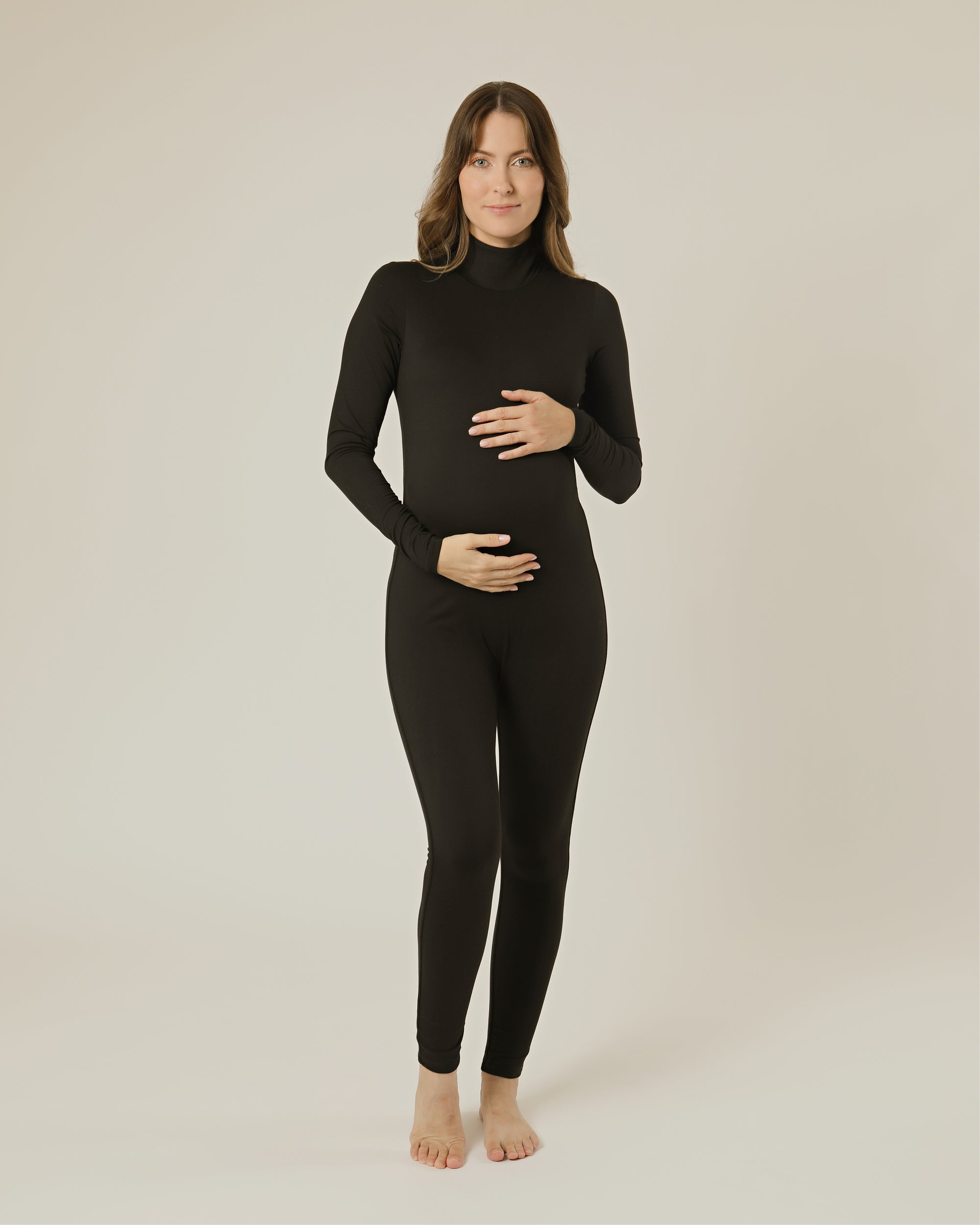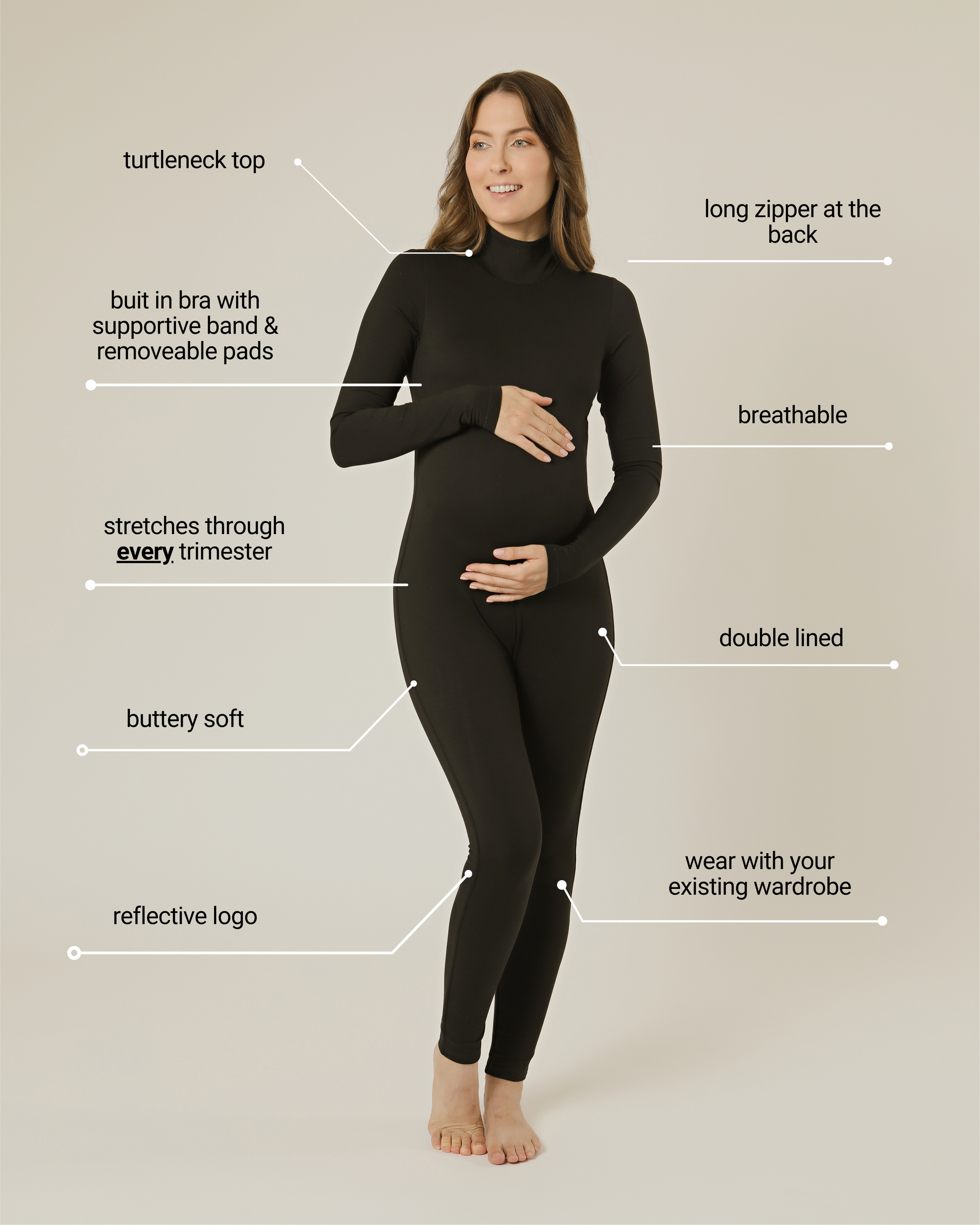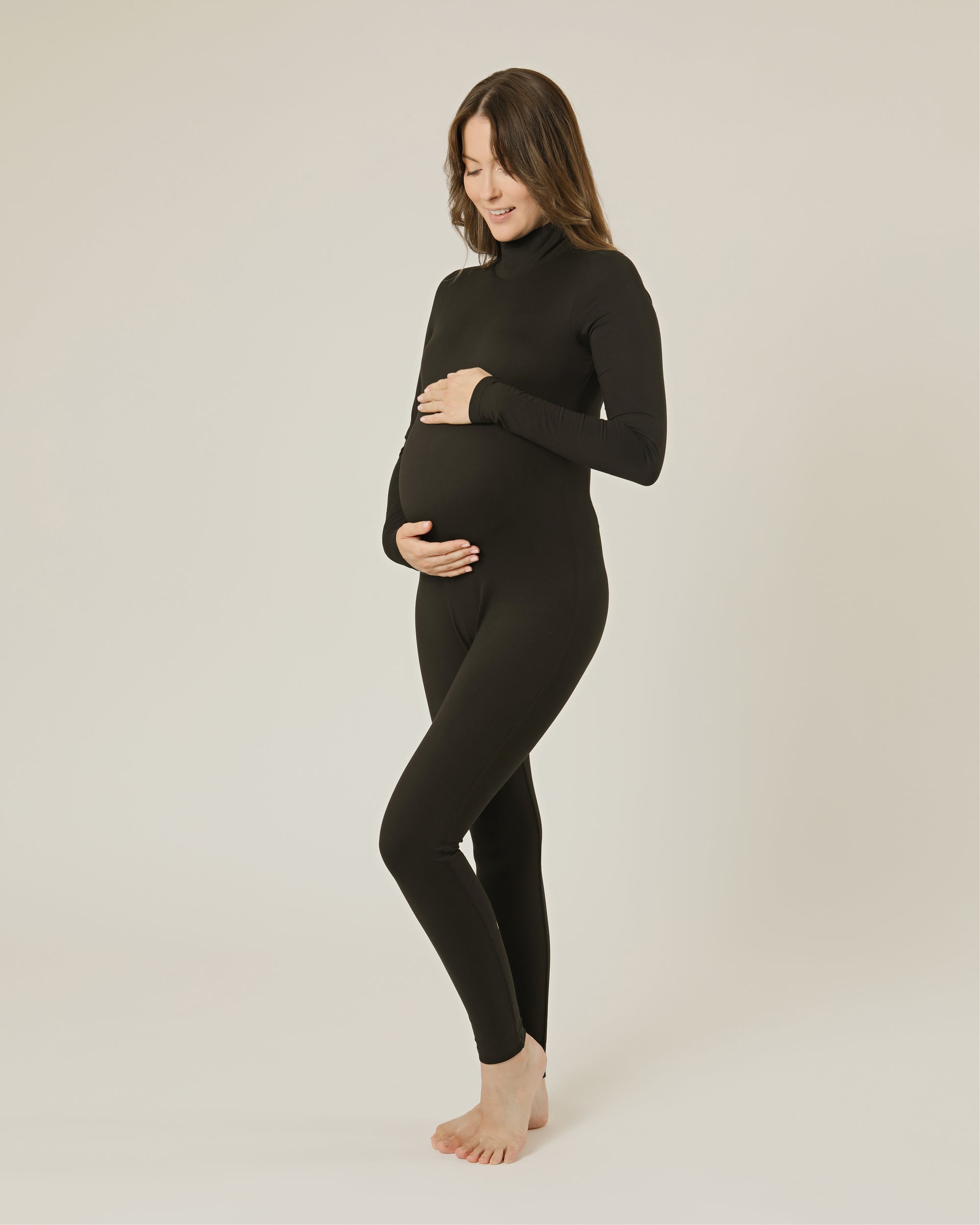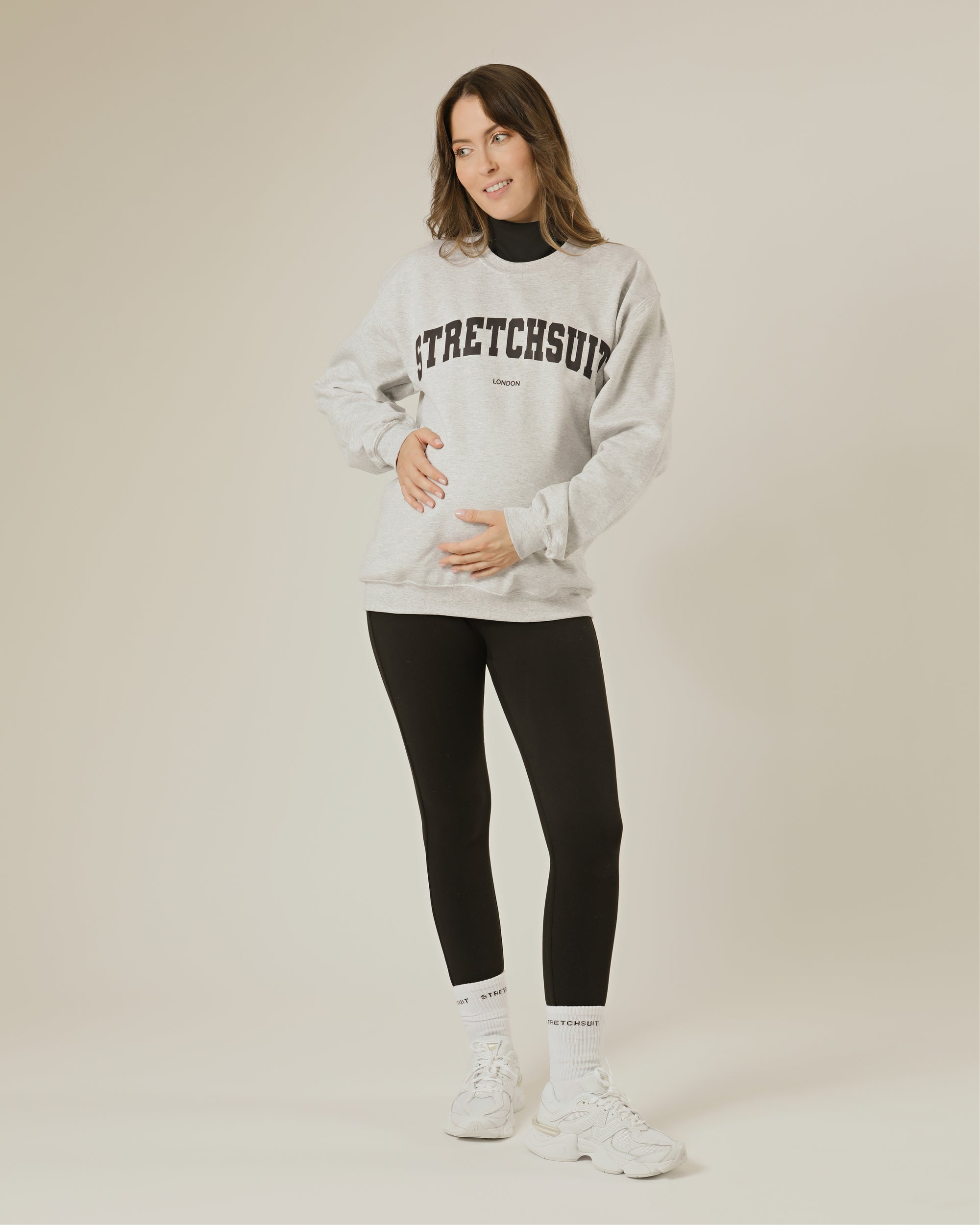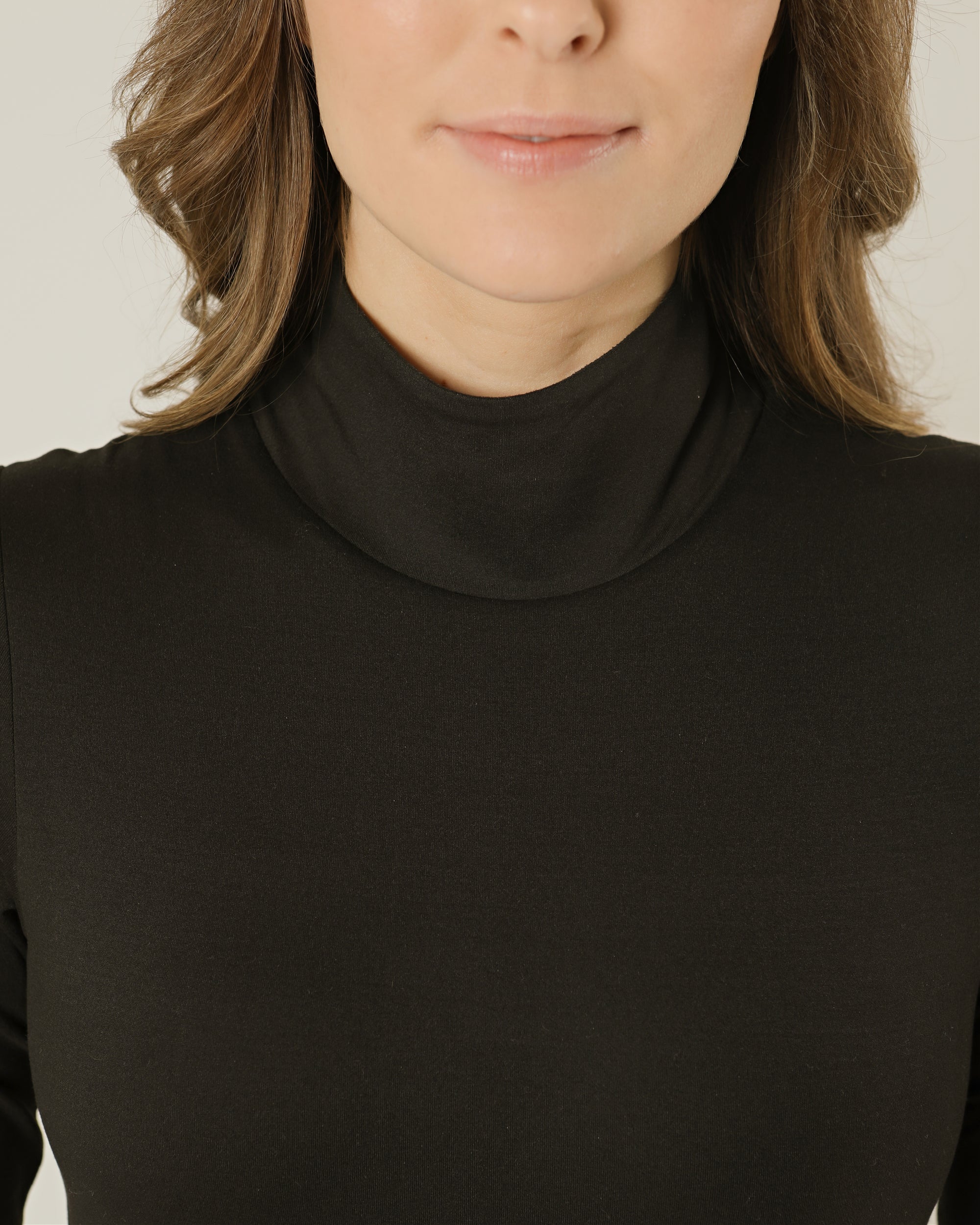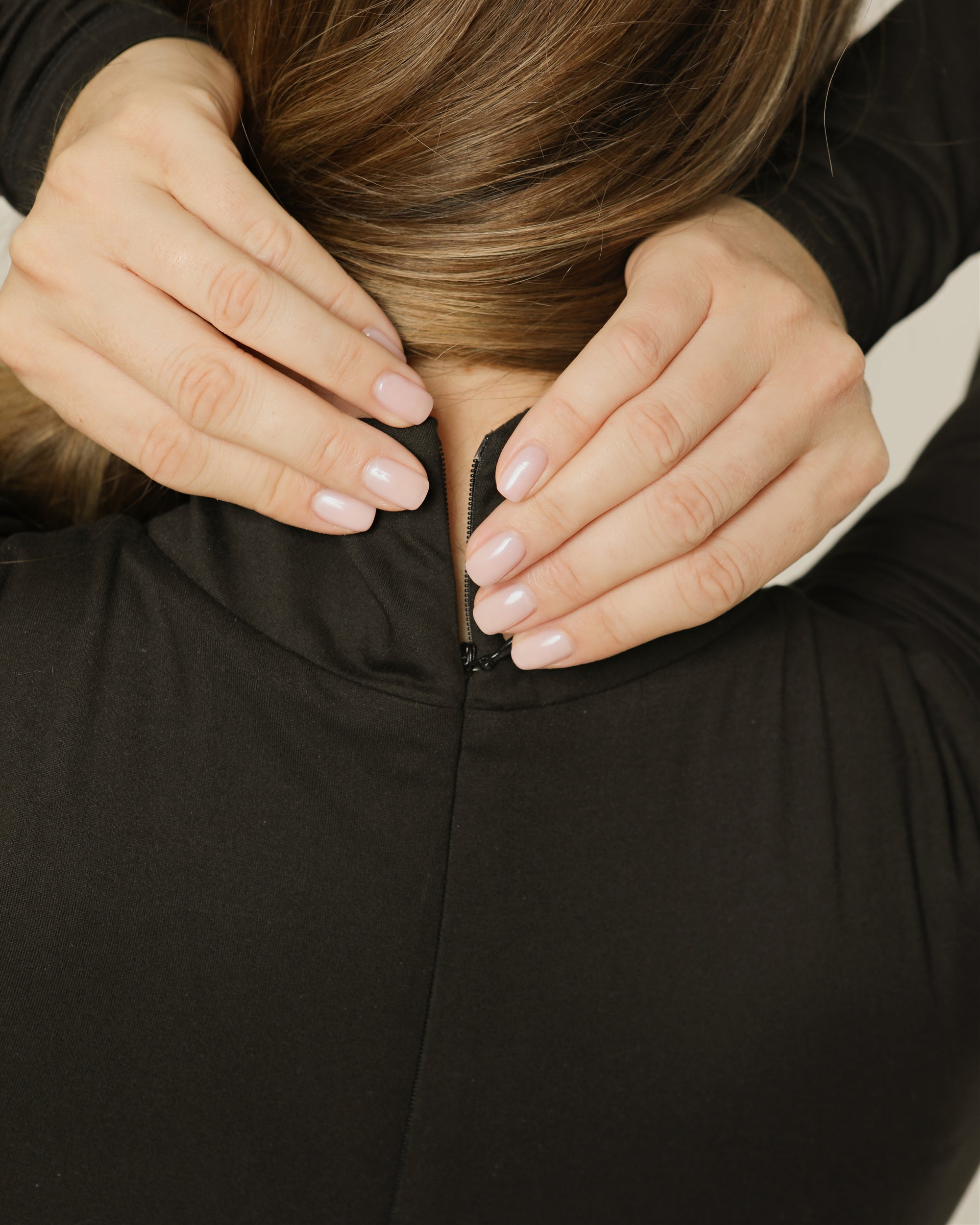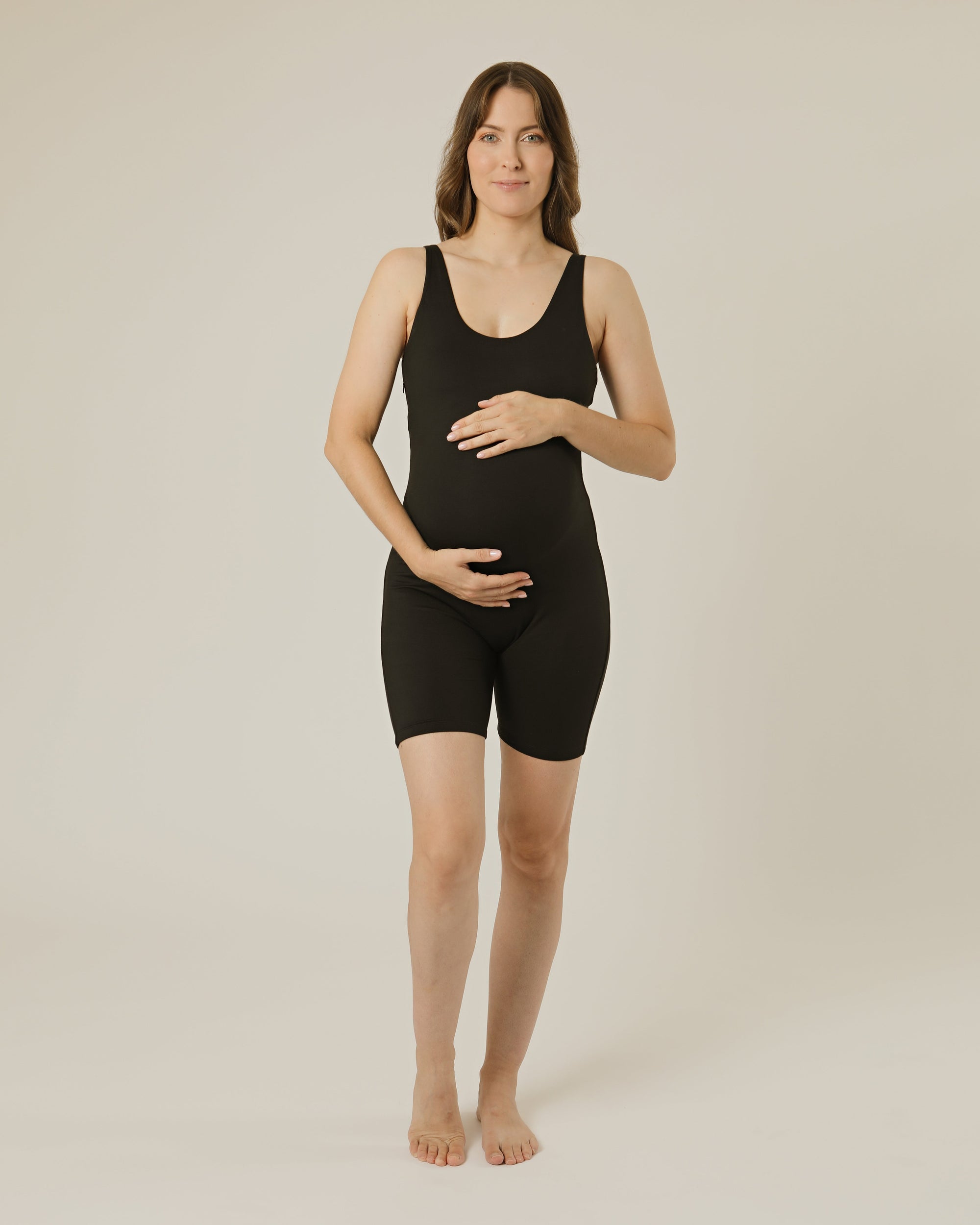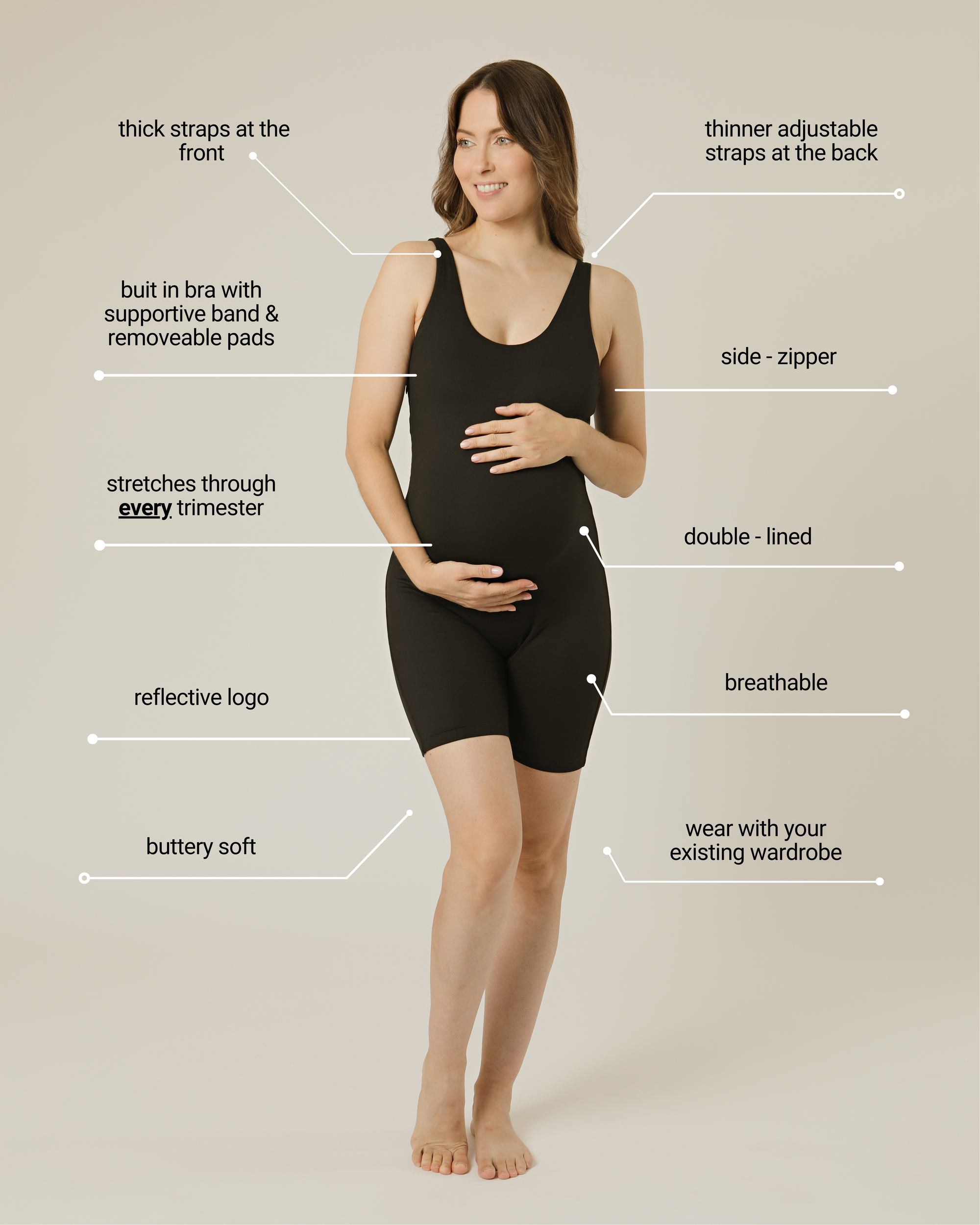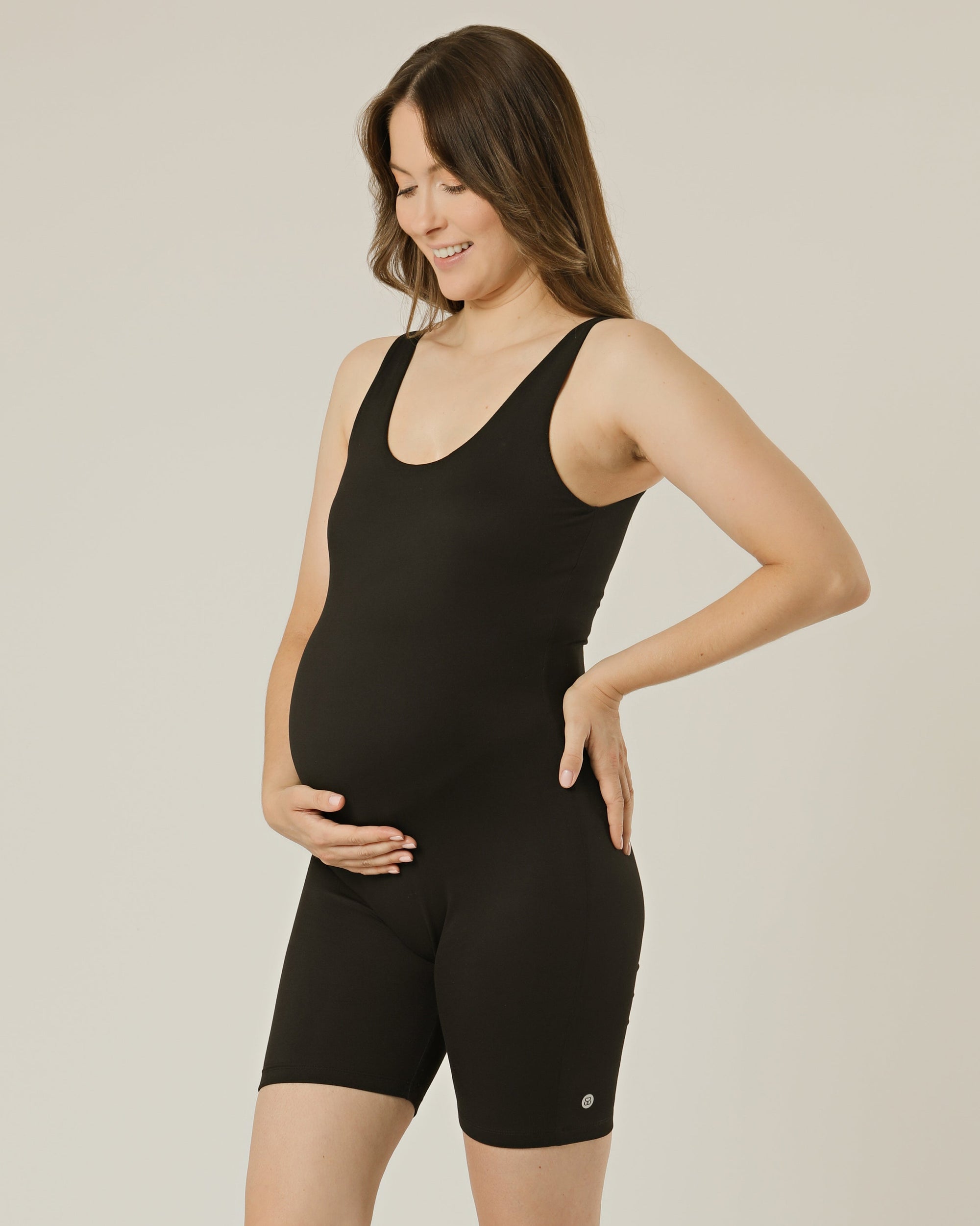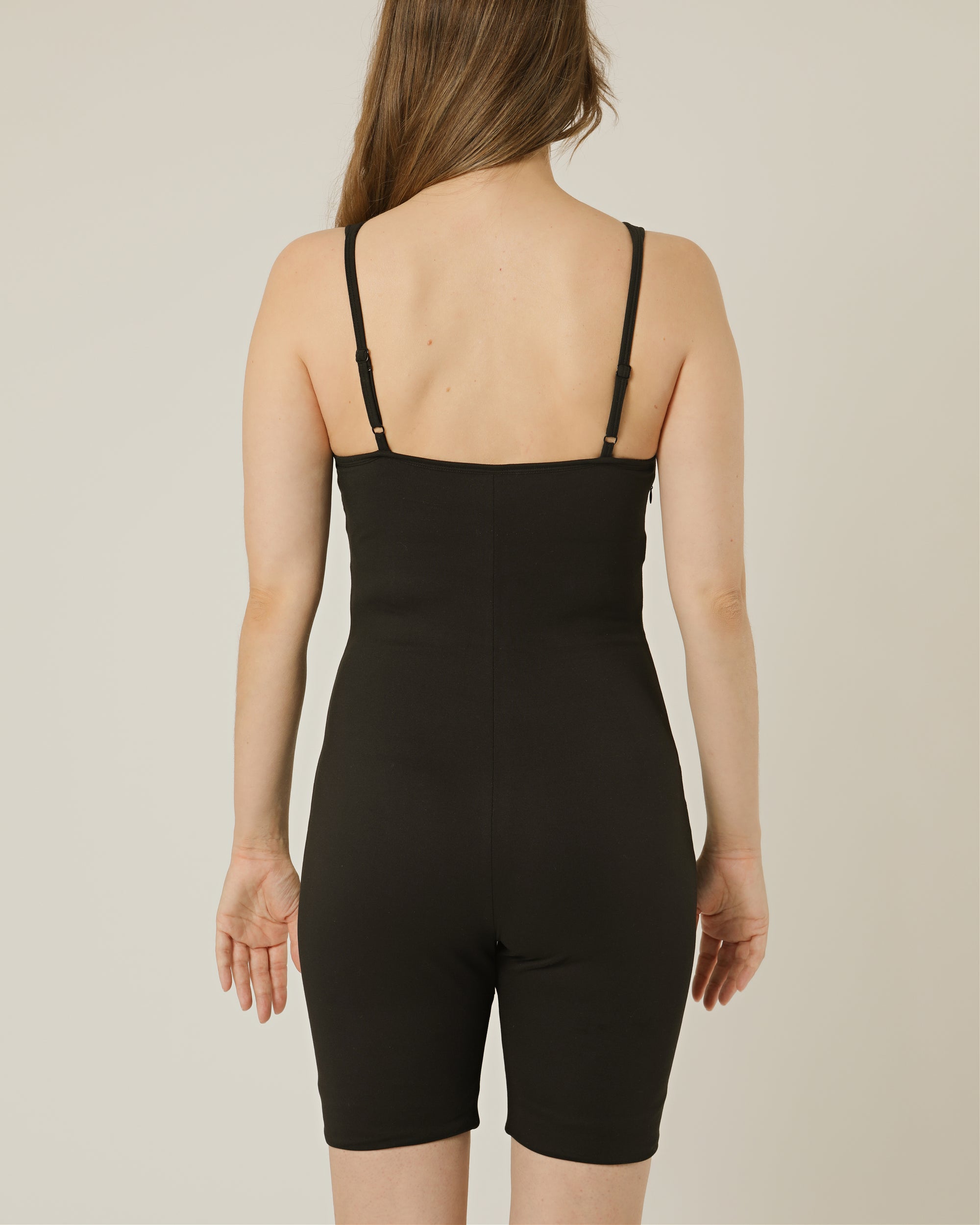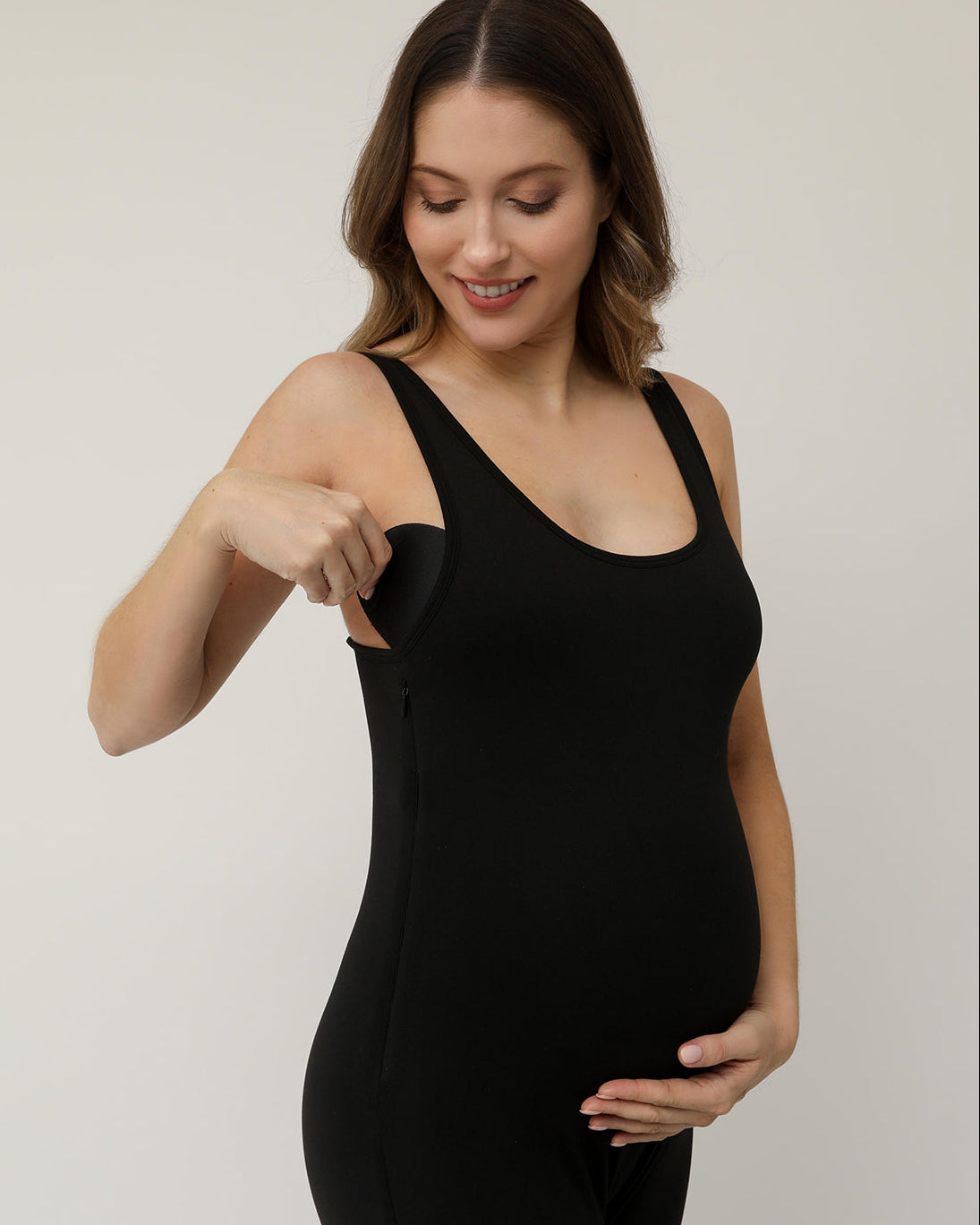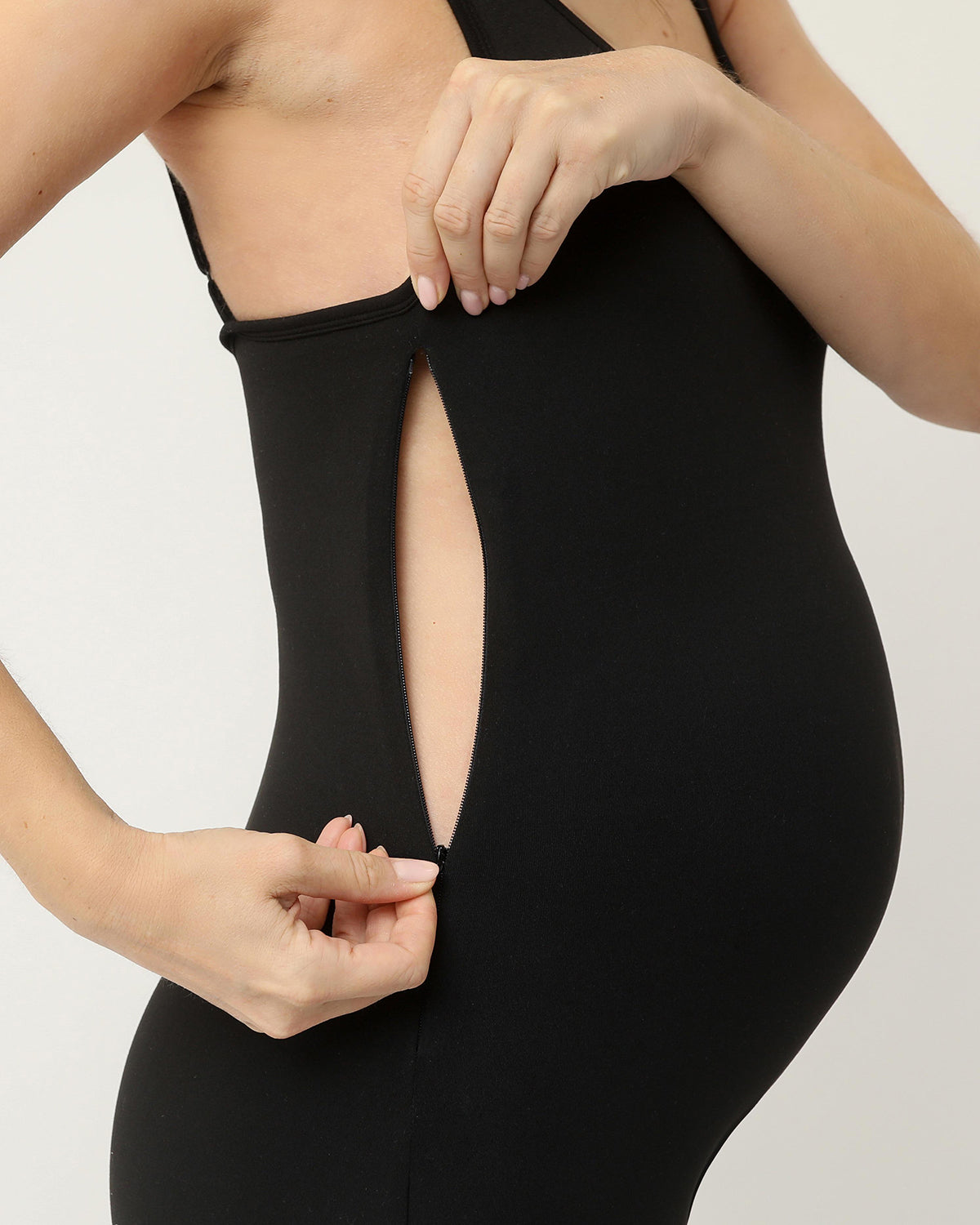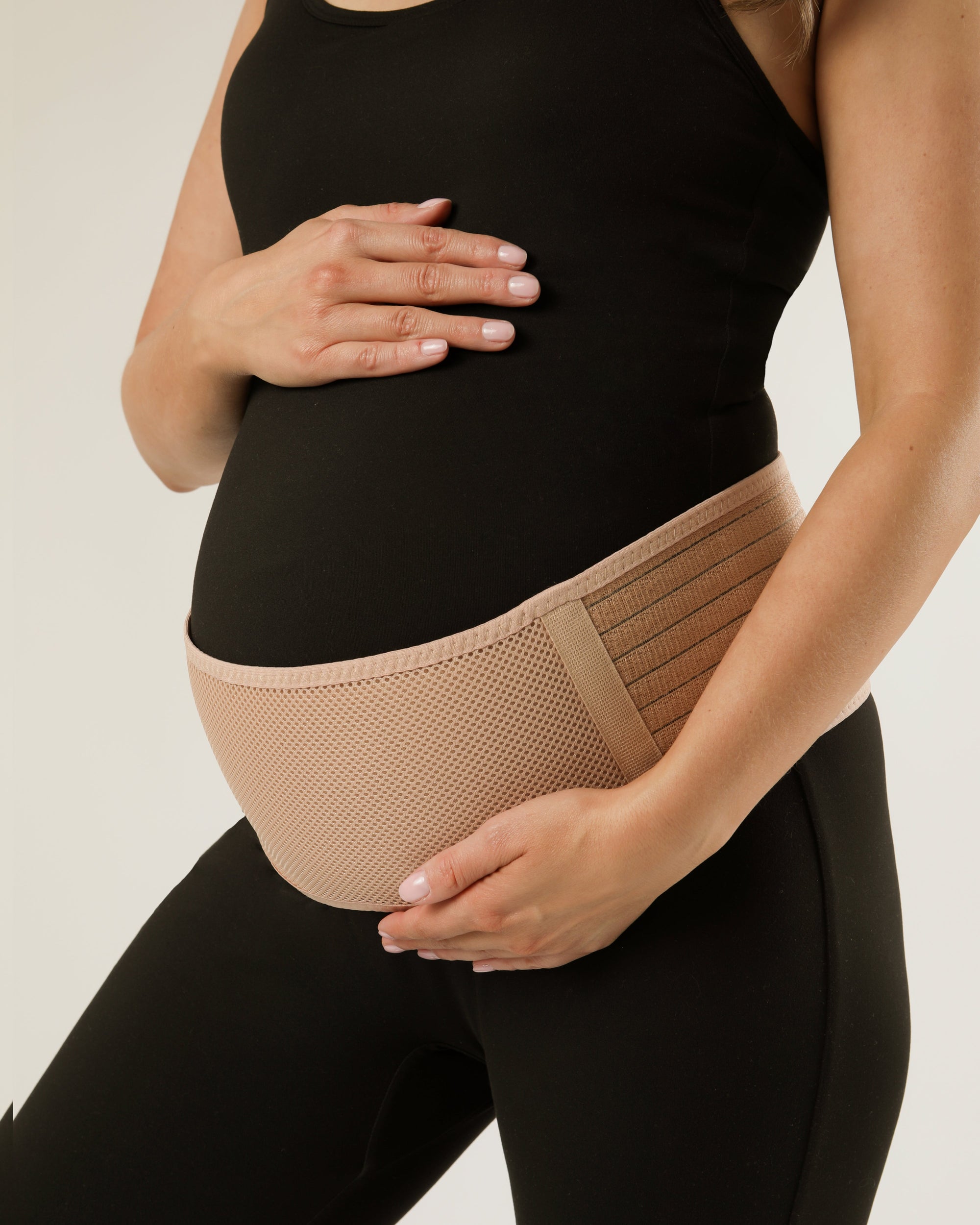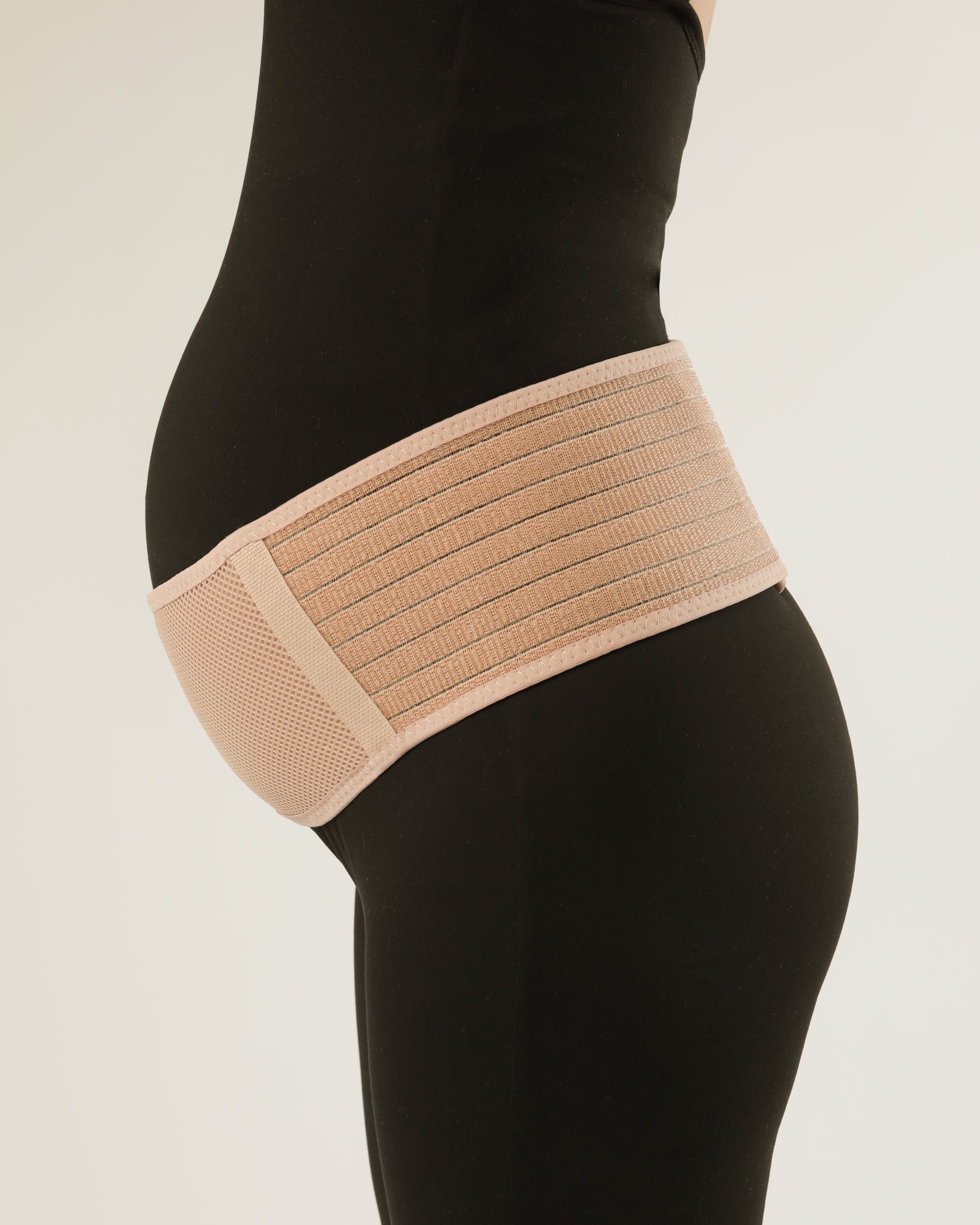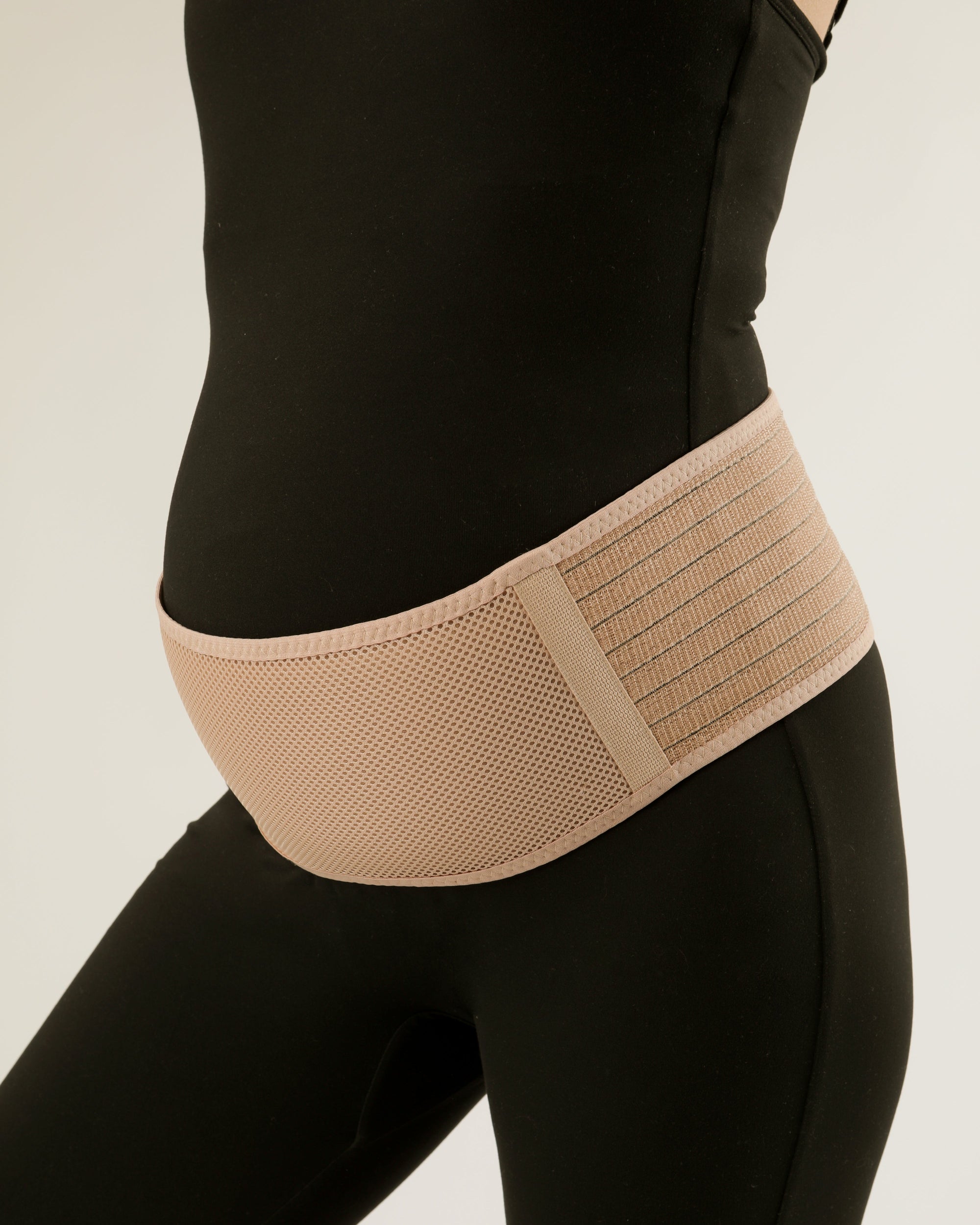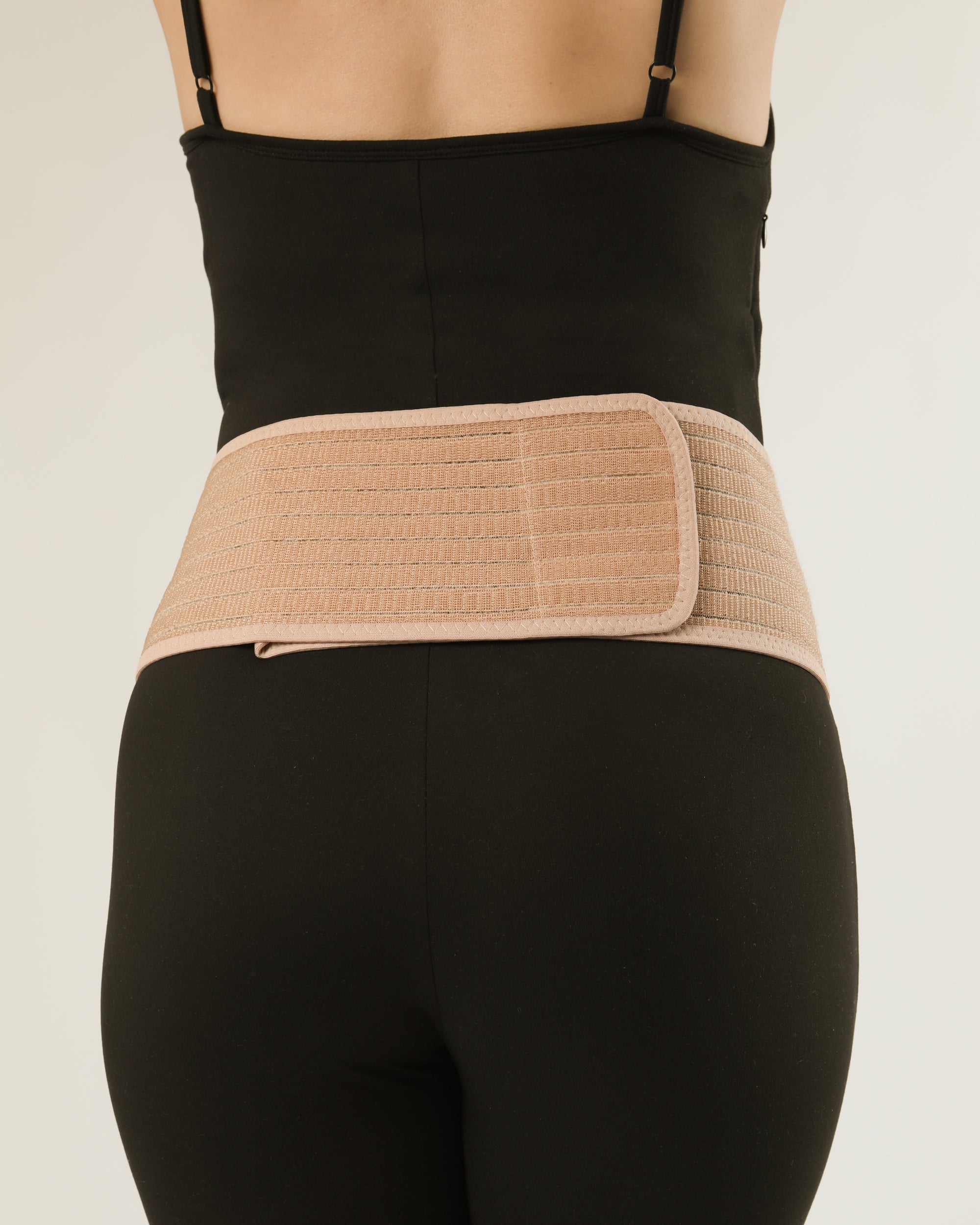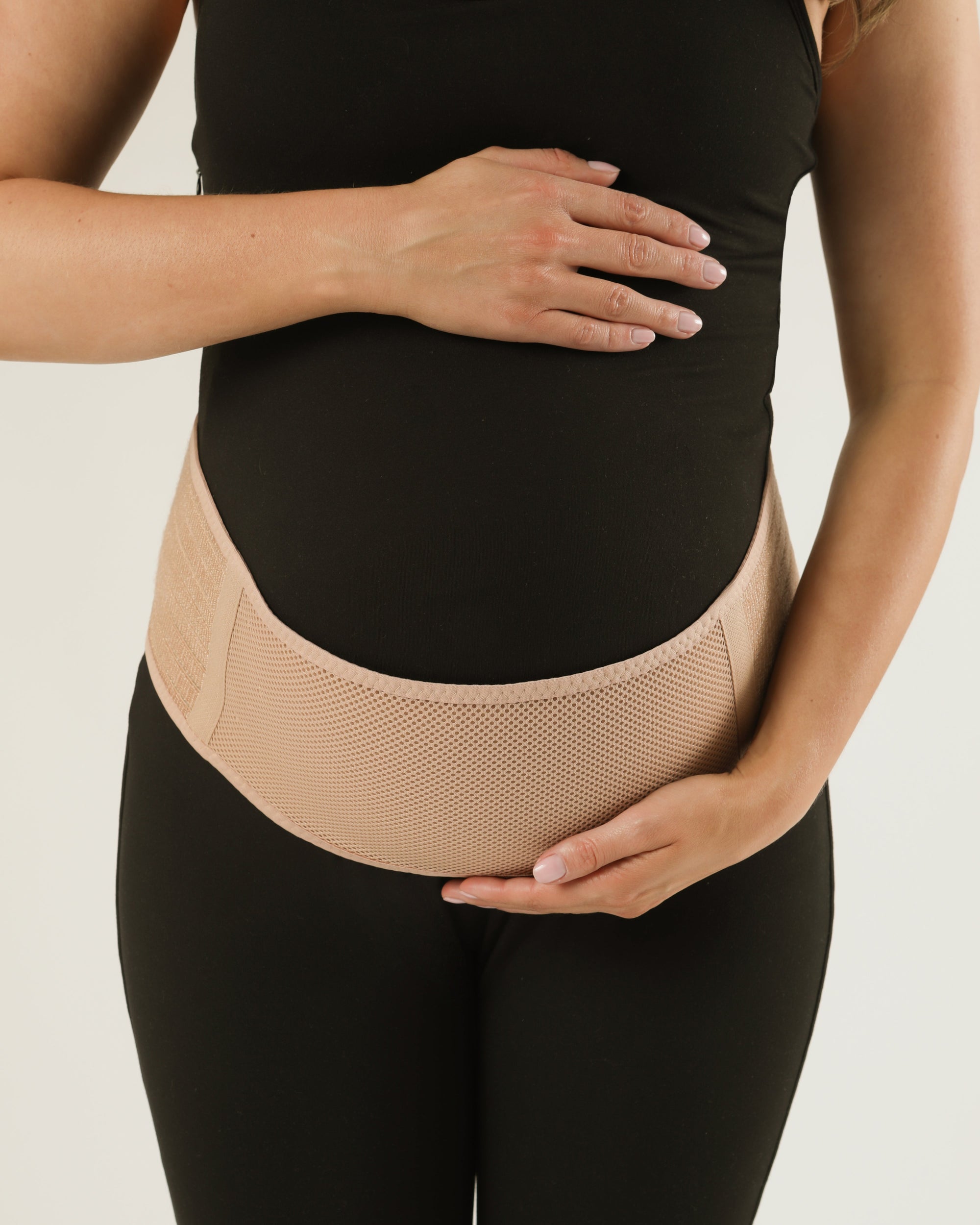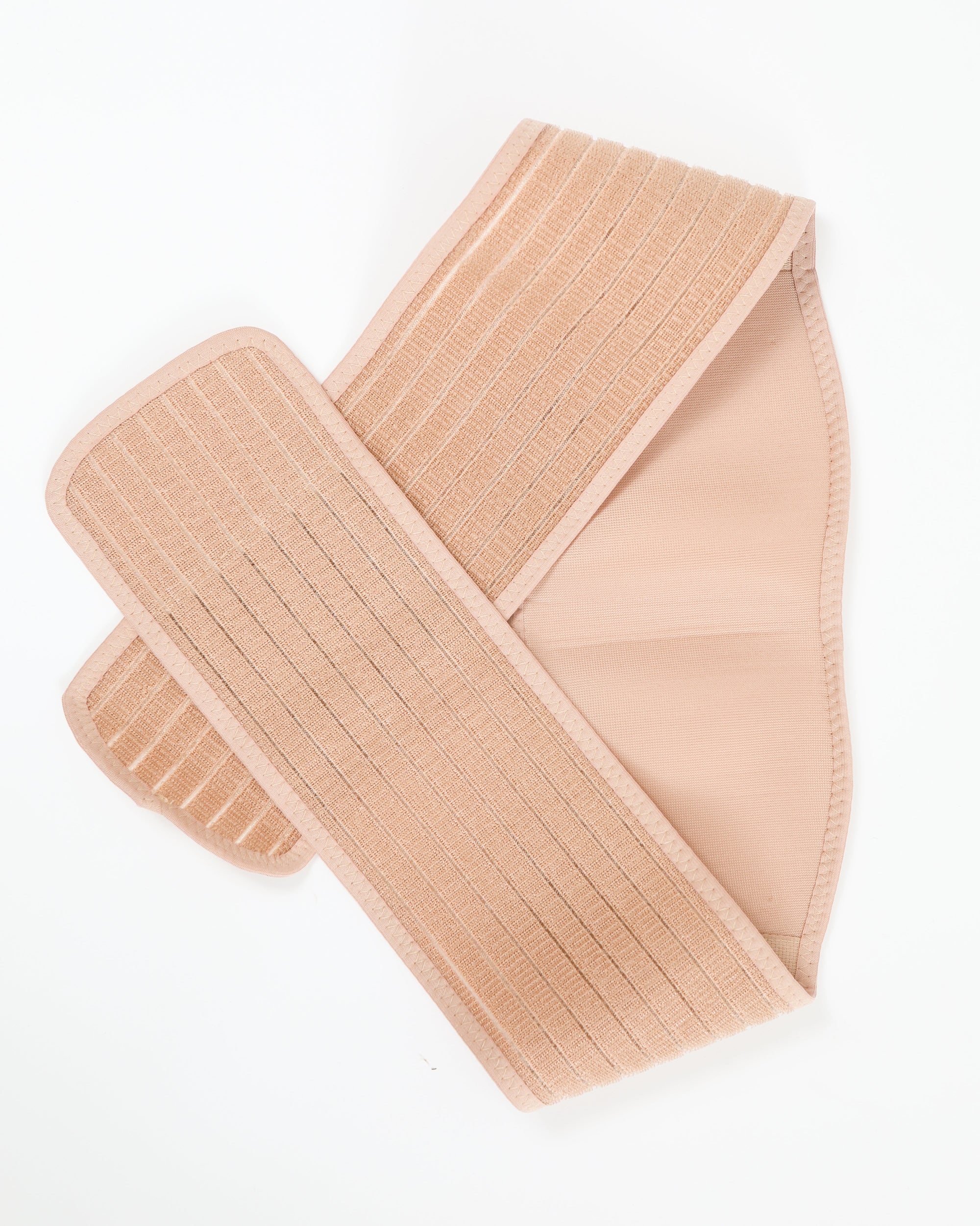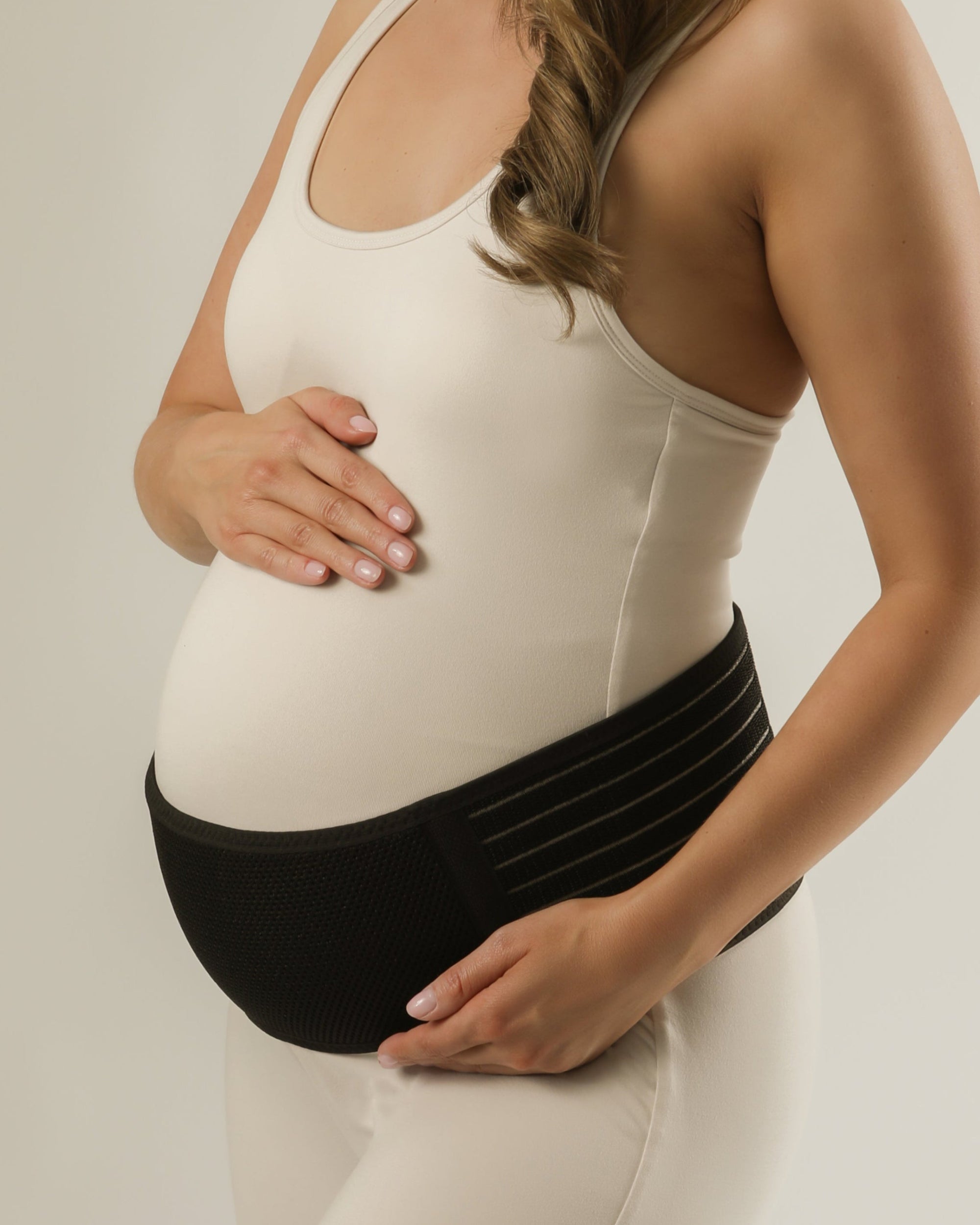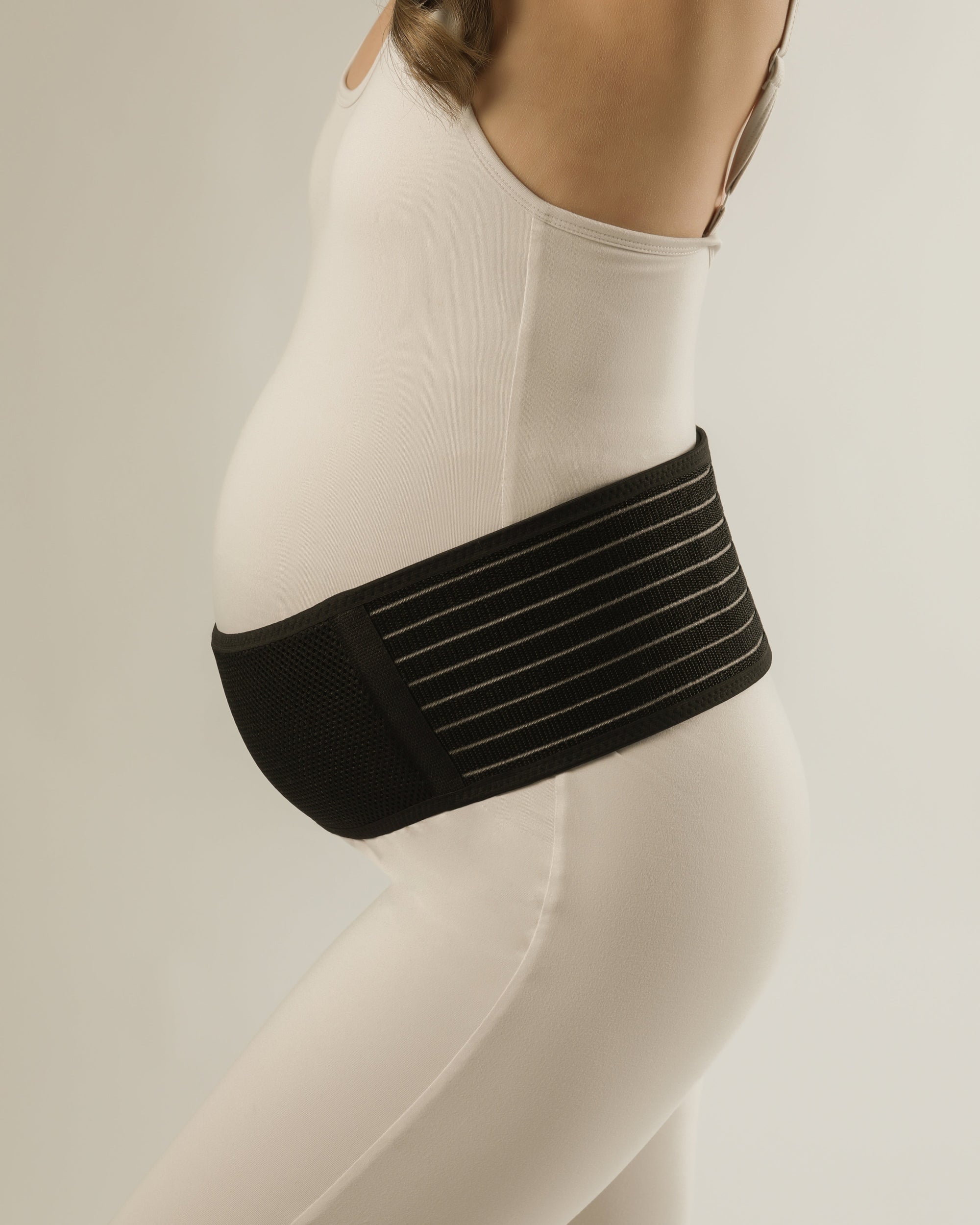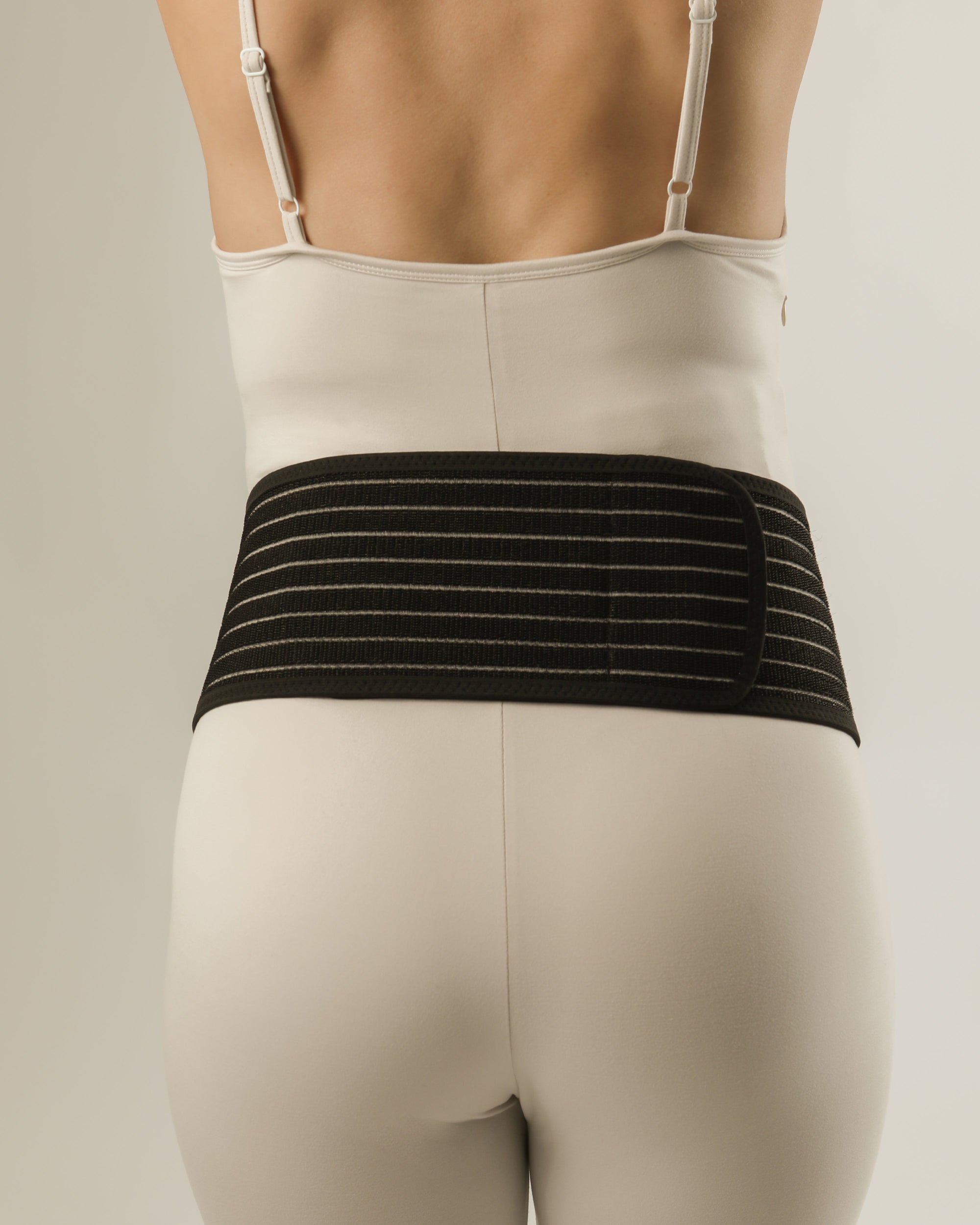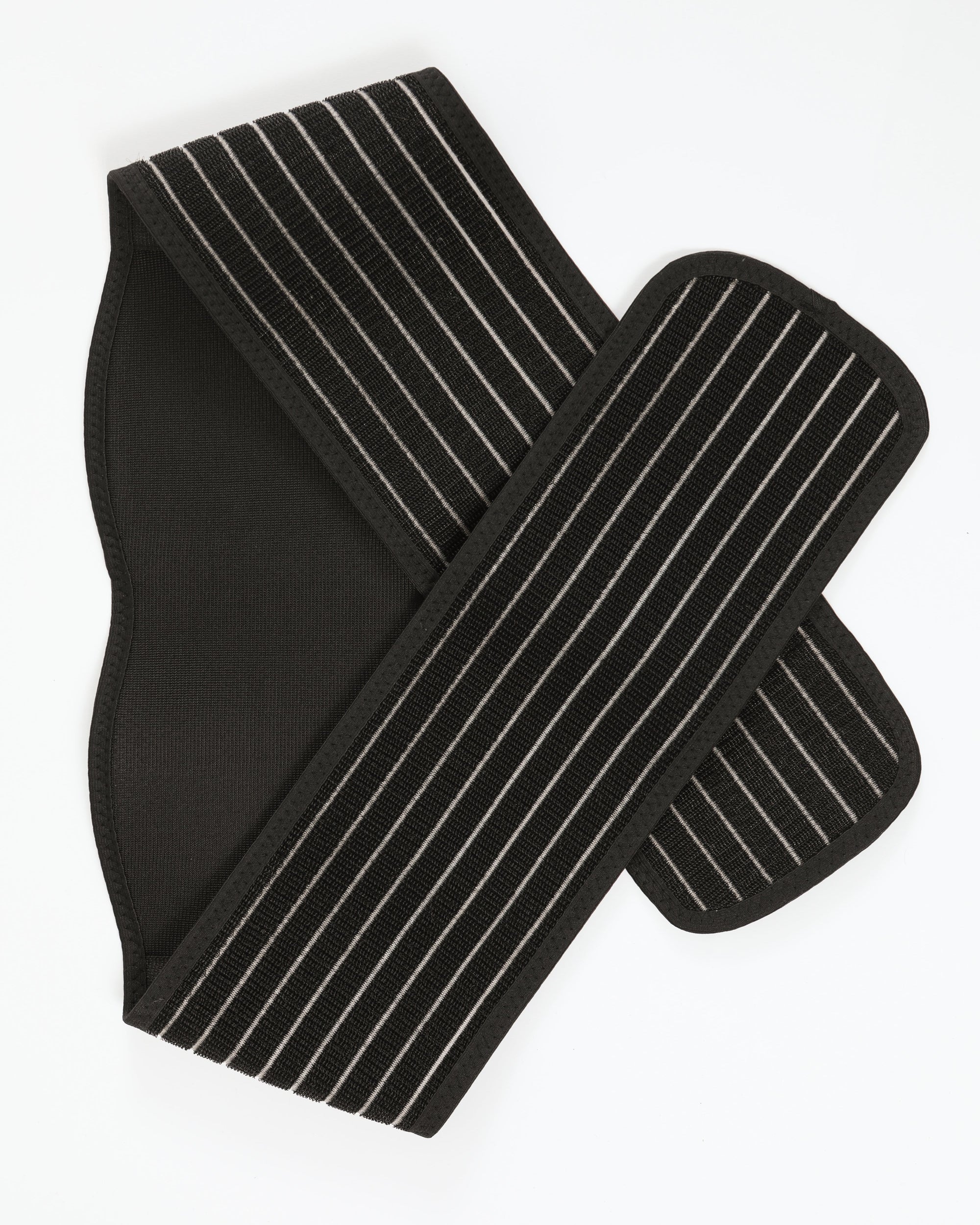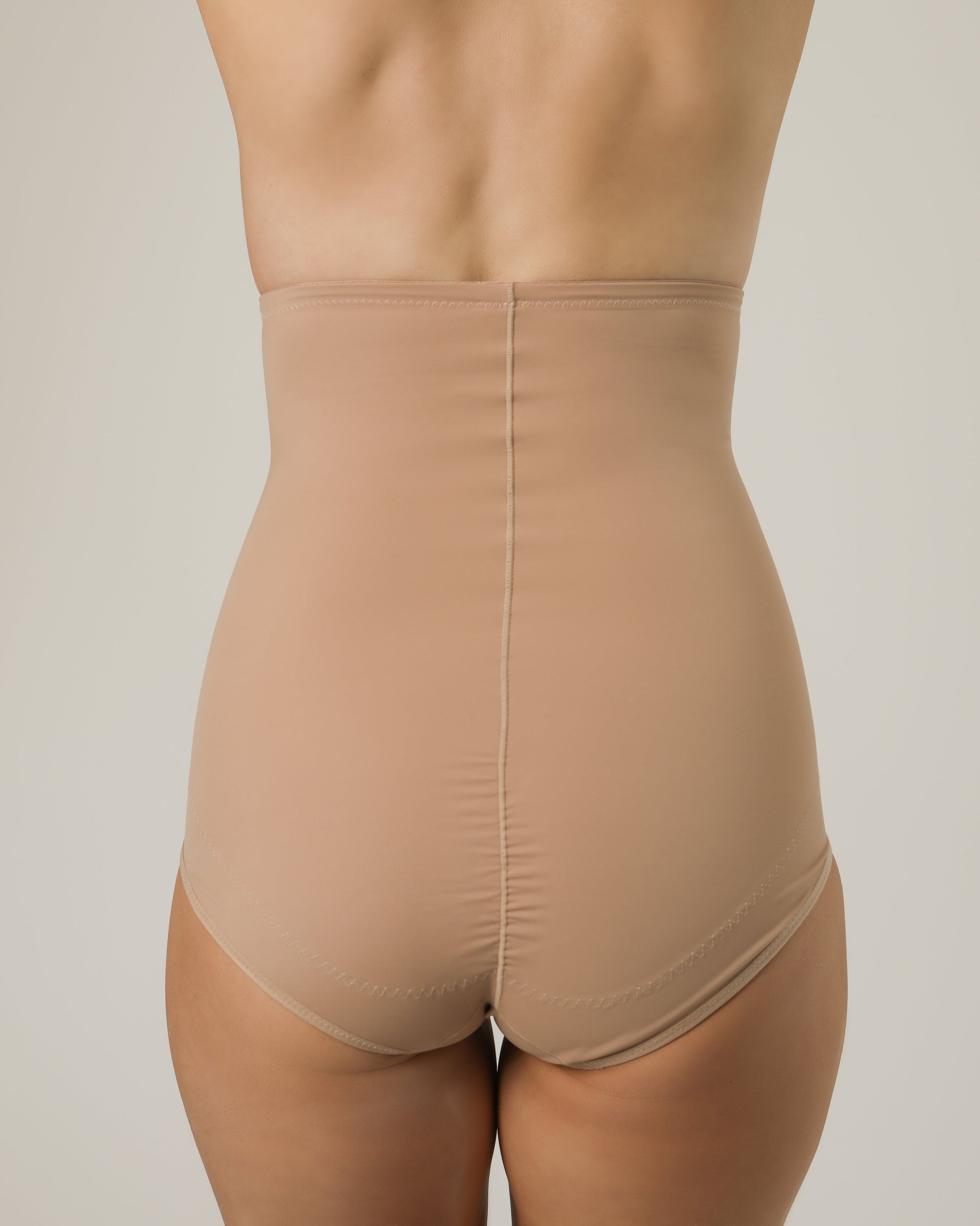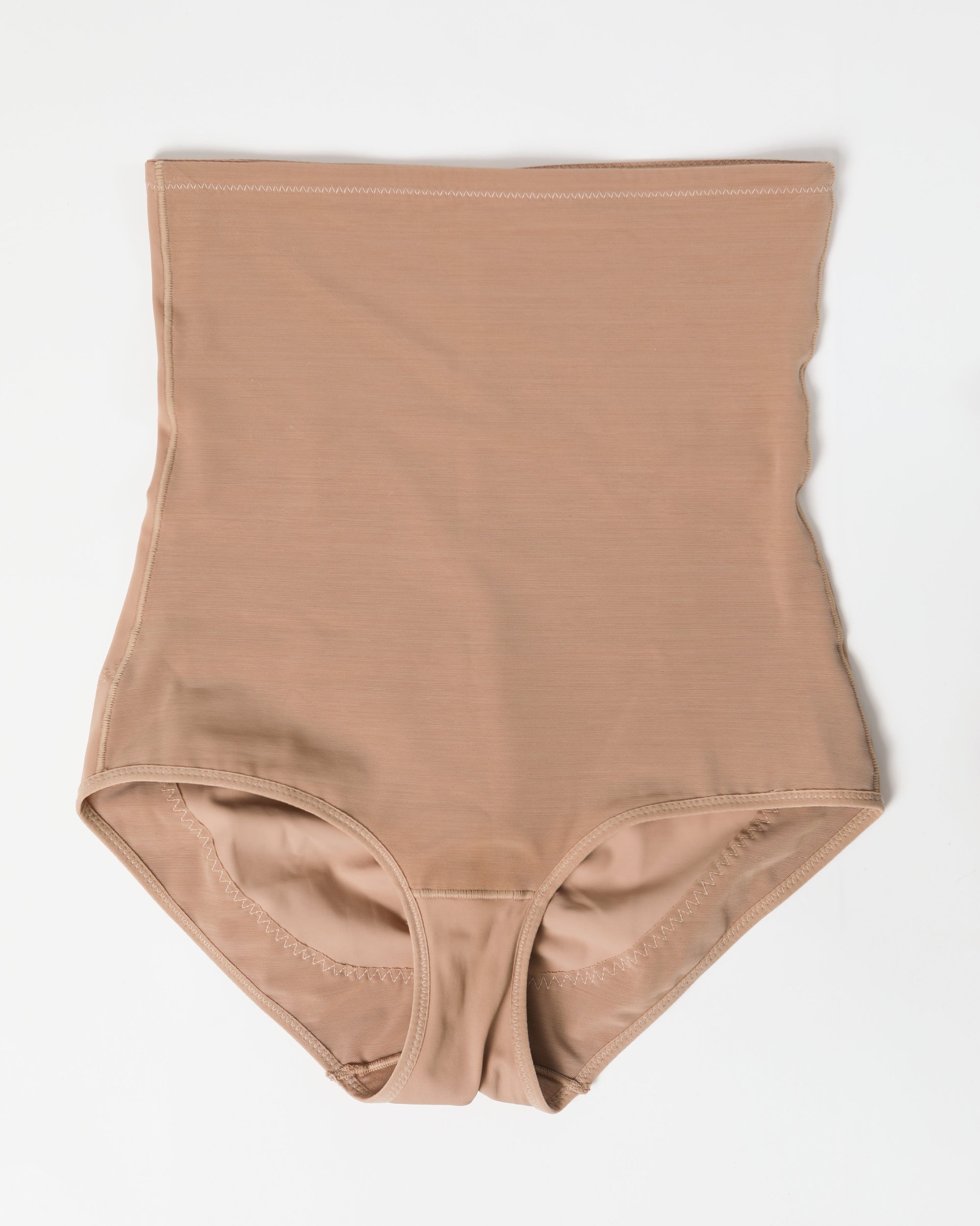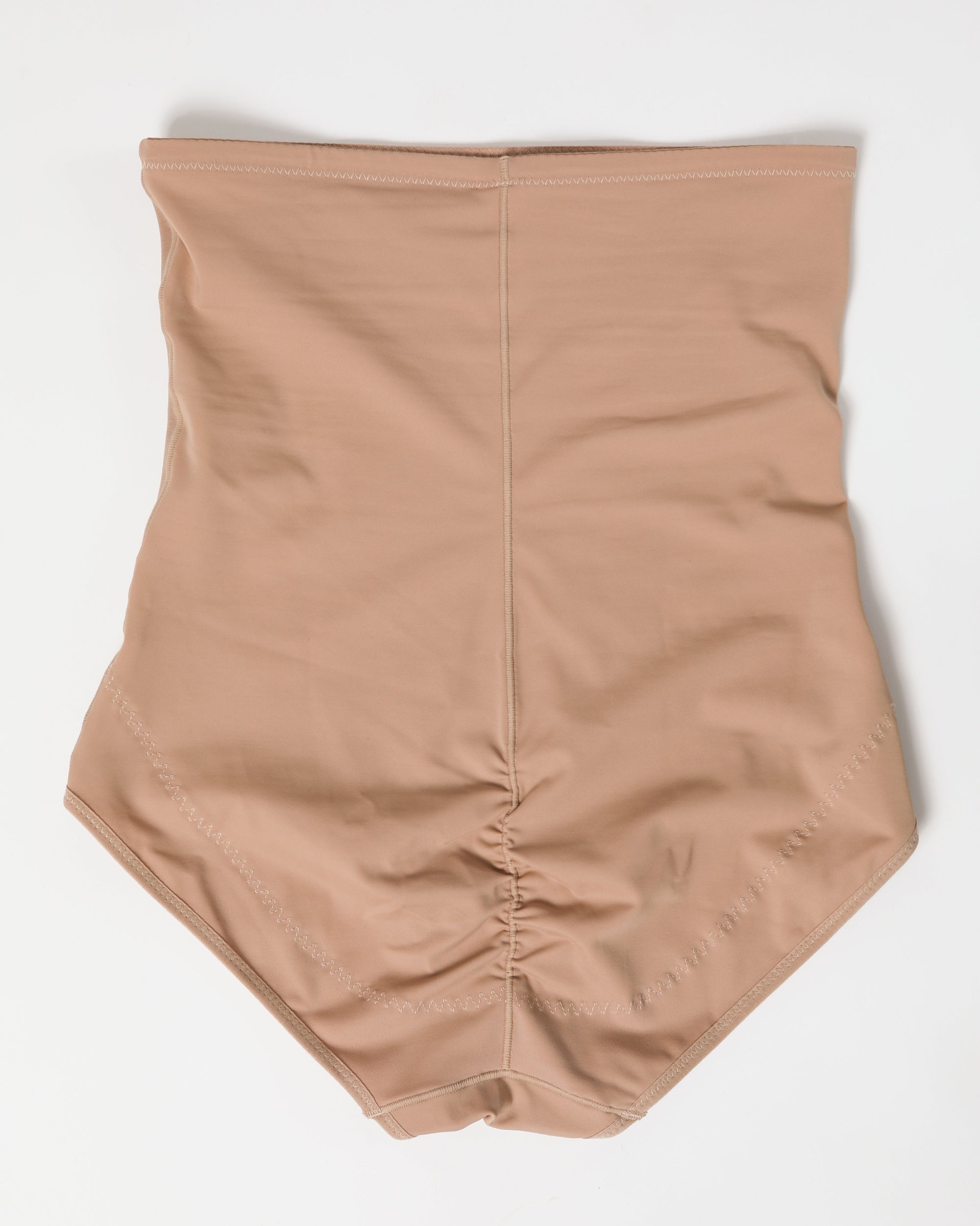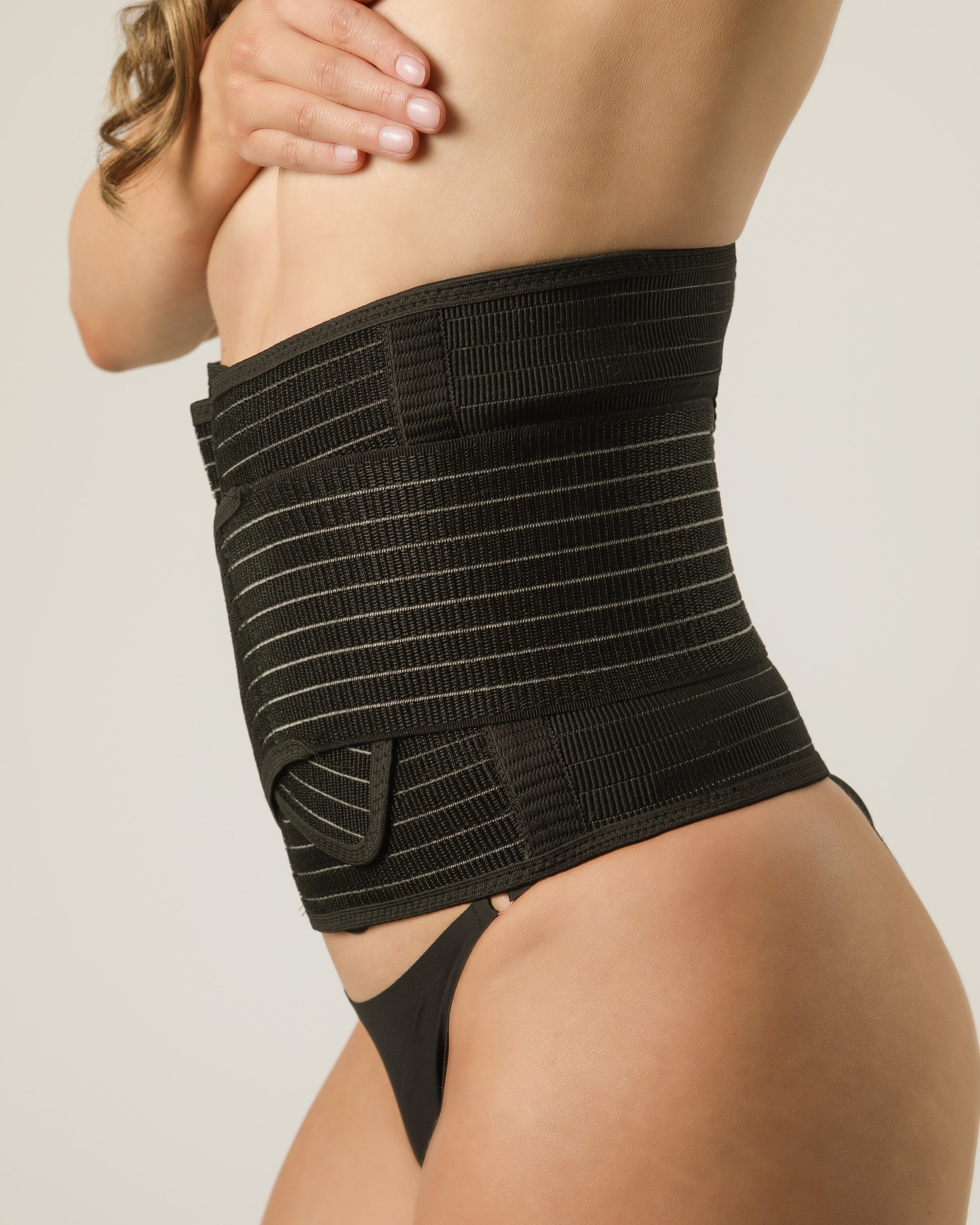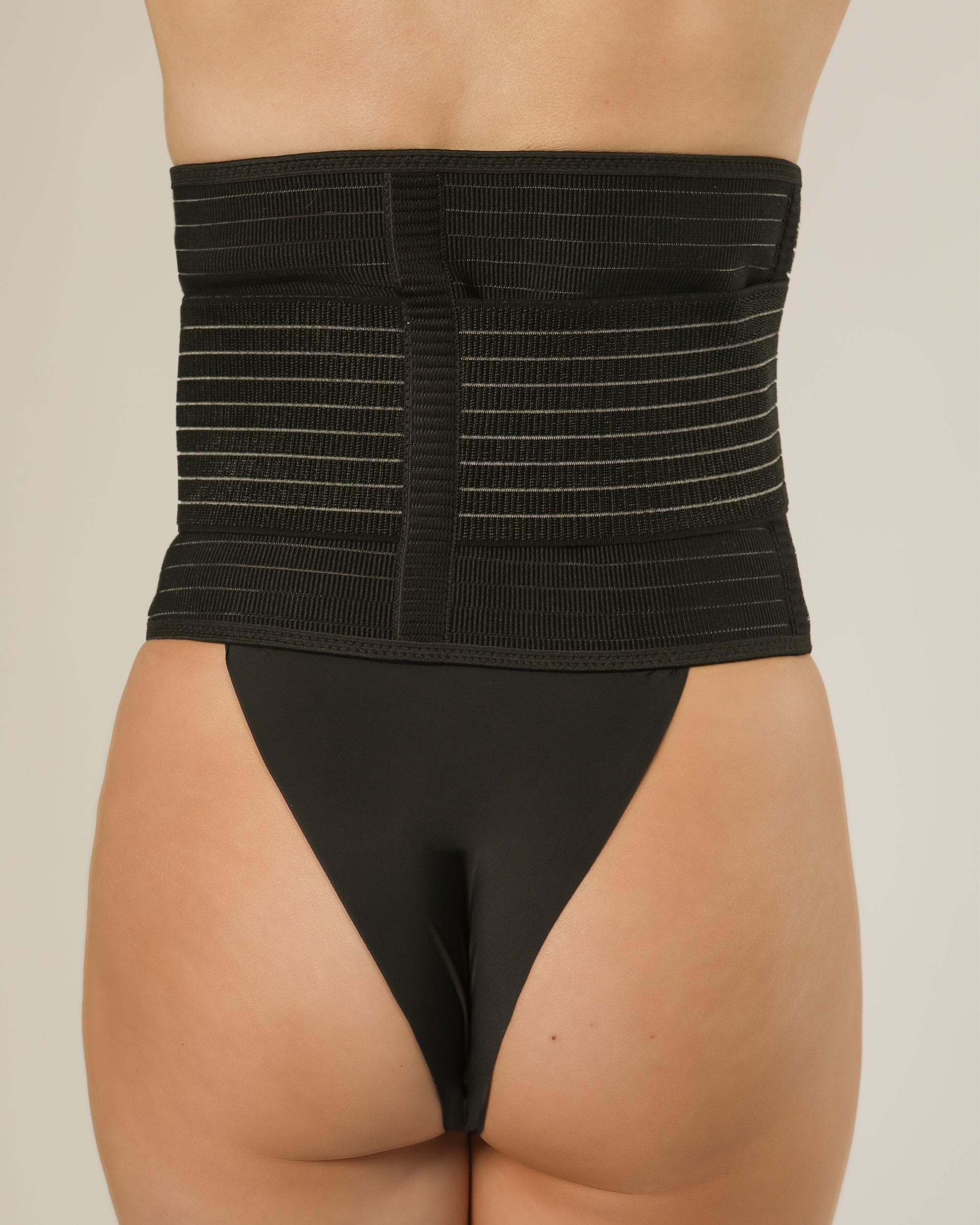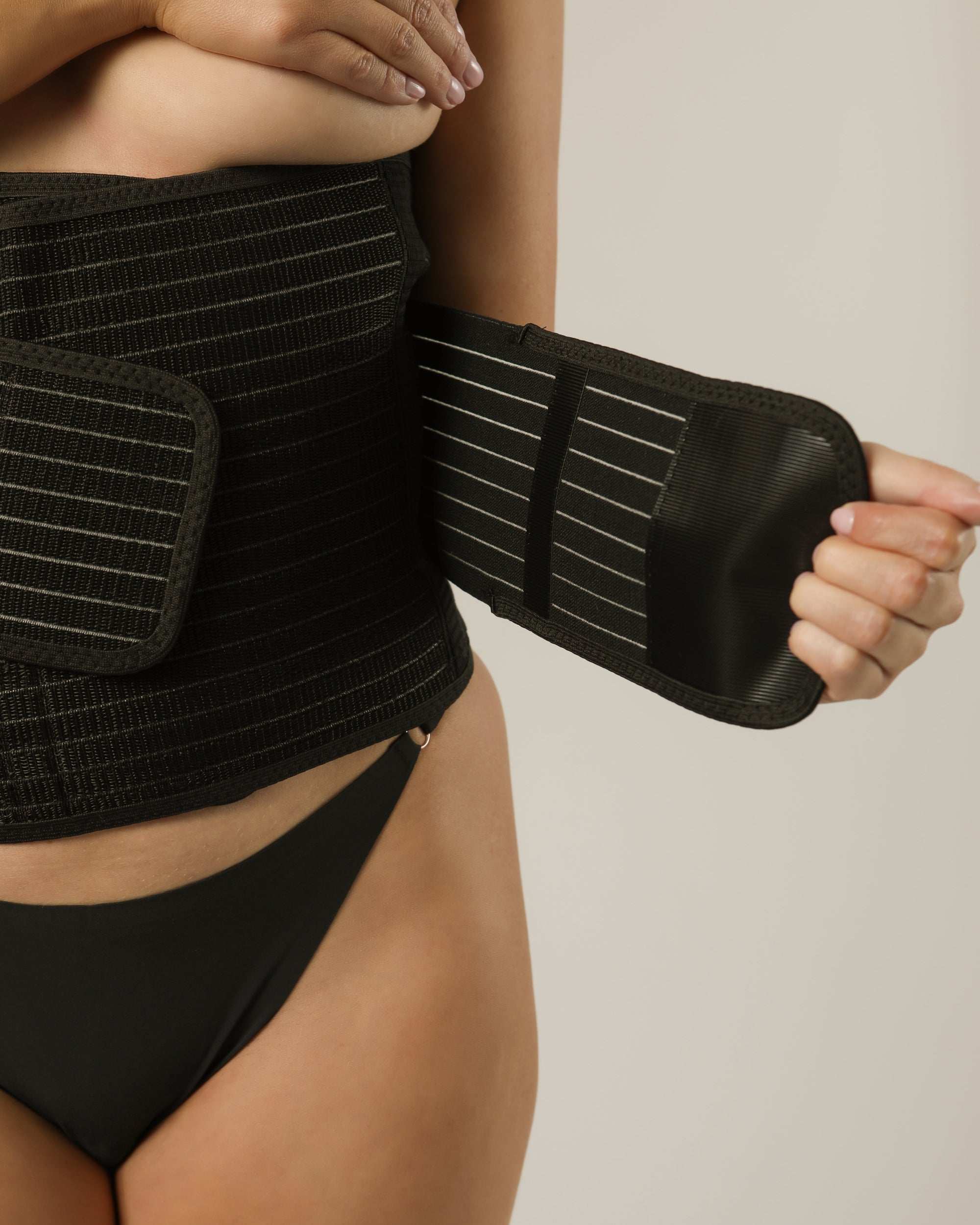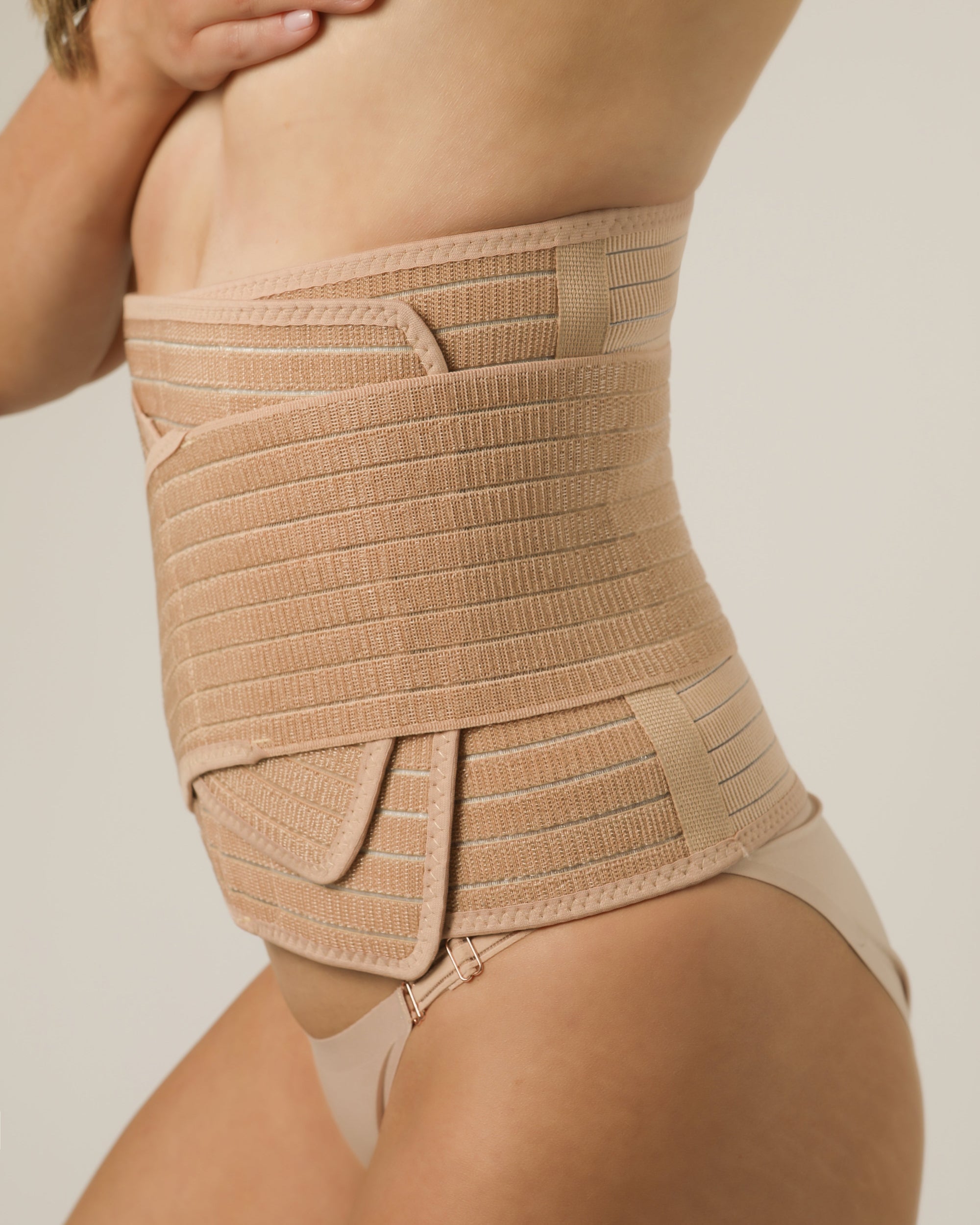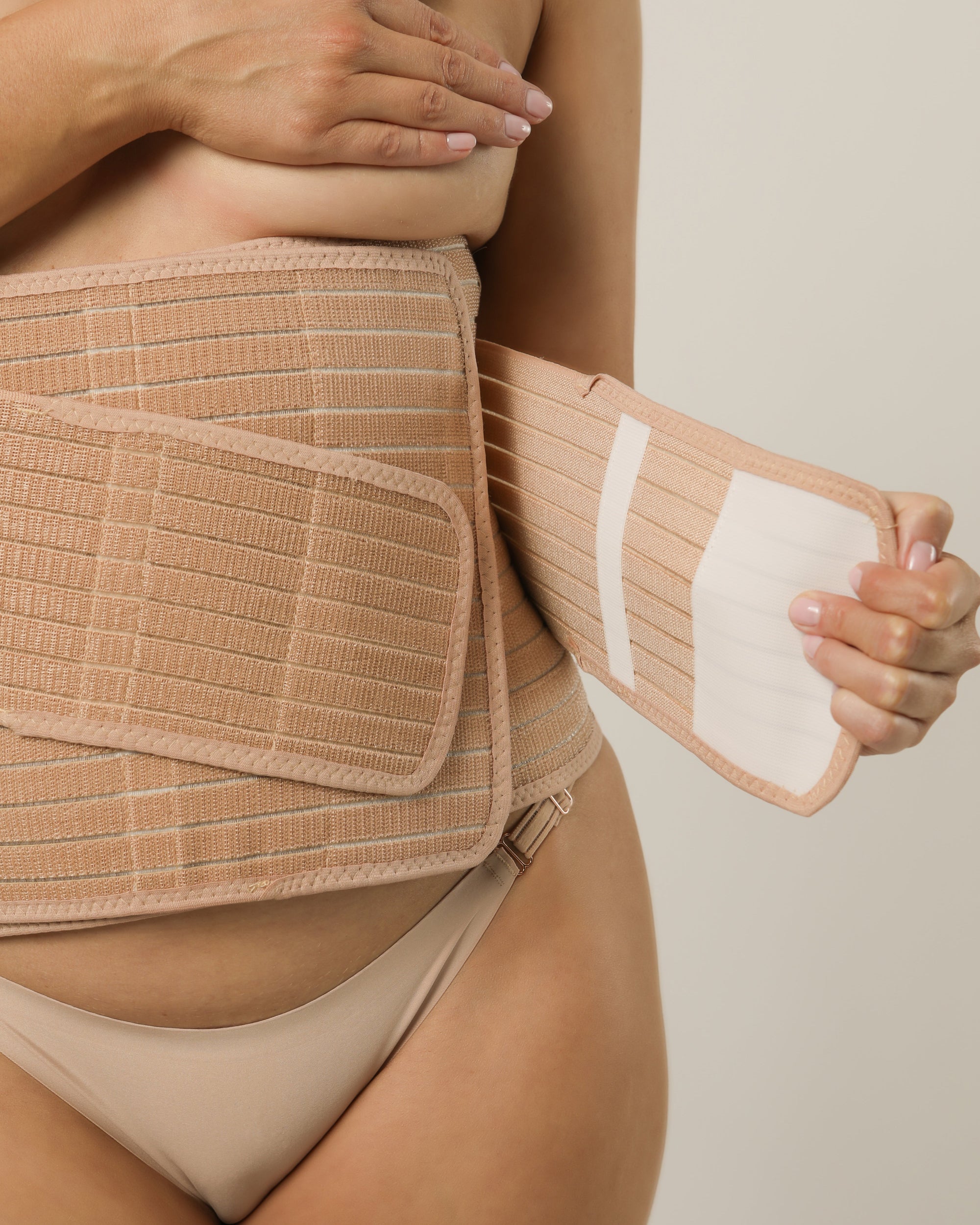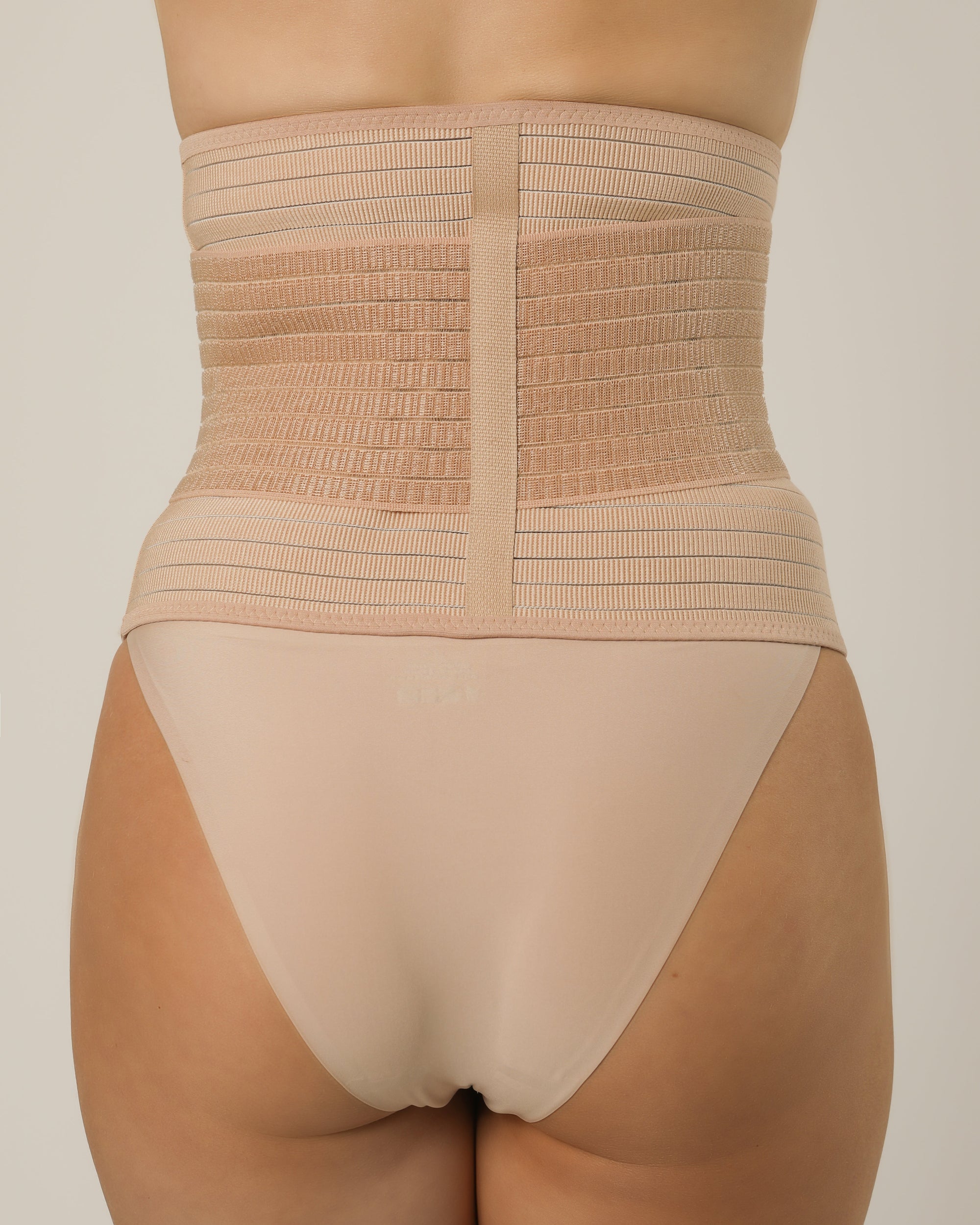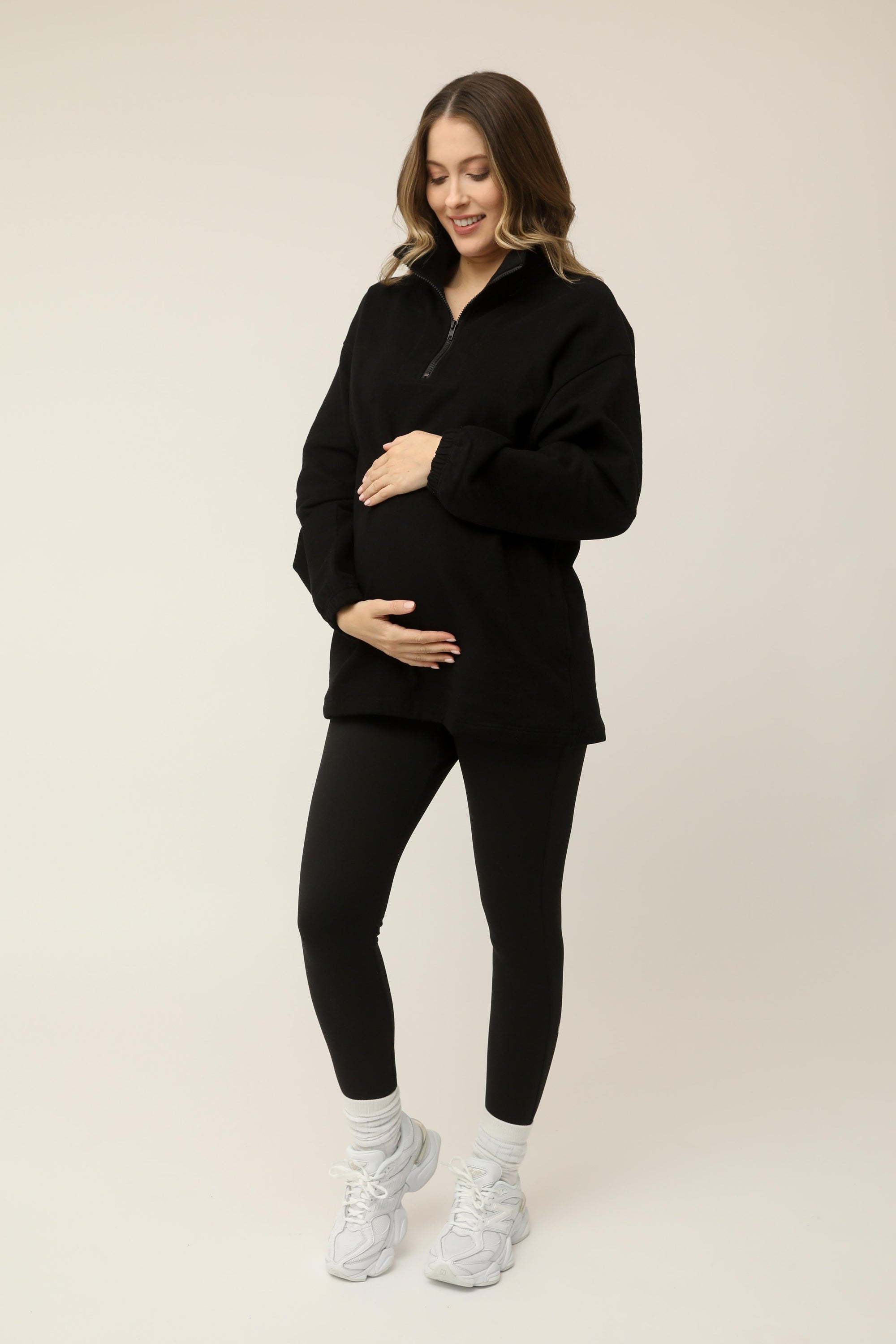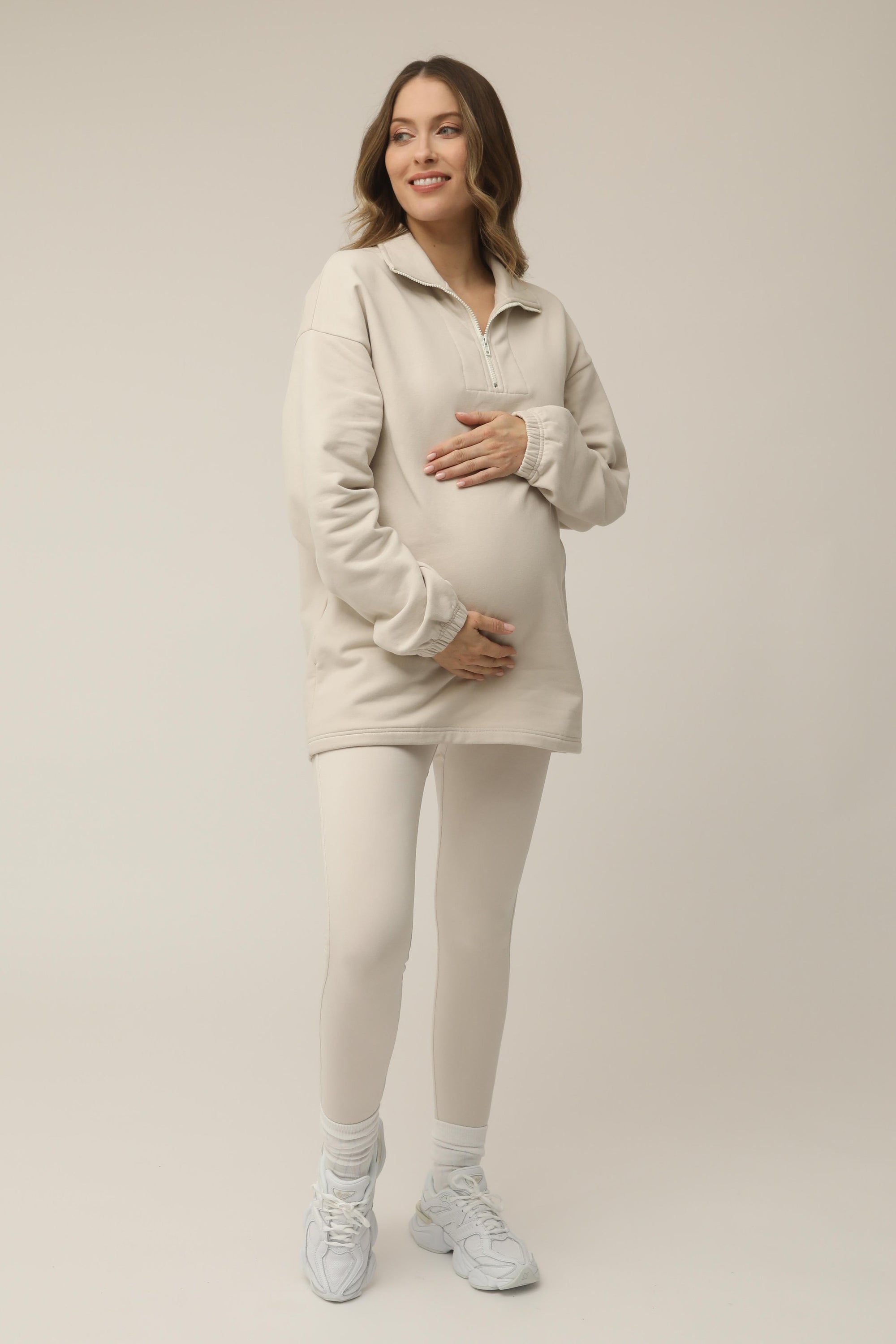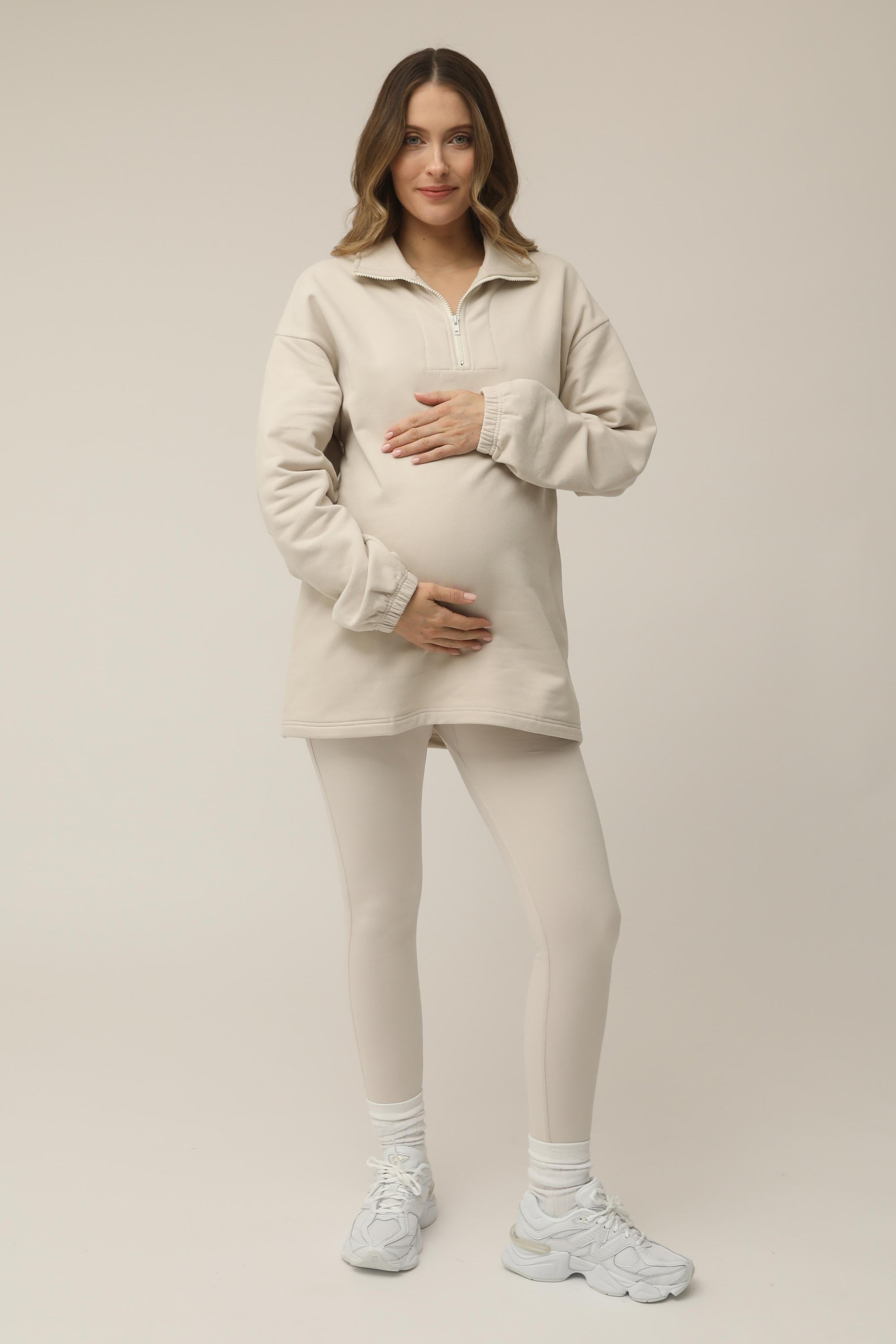If you're pregnant and feel like you can't stop drinking water, you're not alone. Many expecting mothers experience an intense increase in thirst, especially in the first and third trimesters. While it might feel overwhelming at times, this symptom is completely normal and a sign that your body is doing exactly what it’s supposed to.
So, why are you so thirsty during pregnancy? Let’s break it down:
1. Your Blood Volume Is Increasing - A Lot
During pregnancy, your body increases its blood volume by up to 50% to support your growing baby. That’s a major change! To produce this extra blood, your body needs more water than usual. If you're suddenly craving more fluids, it’s your body’s way of saying, “Hey, I need help making all this extra blood!”
More blood = more fluids = more thirst.
2. Hormonal Changes Are at Play
Pregnancy hormones like progesterone and hCG (human chorionic gonadotropin) are known for causing all kinds of changes in your body - from mood swings to morning sickness, and yes, even thirst. These hormones can impact your fluid balance and kidney function, prompting your body to signal thirst more frequently.
3. You're Peeing More (and Losing Fluids)
Increased urination is another common pregnancy symptom, especially as your uterus grows and presses on your bladder. Each time you pee, you’re losing fluids, and your body compensates by asking for more.
Hydration tip: Make a habit of sipping water consistently throughout the day rather than chugging large amounts all at once. It helps your body absorb fluids more effectively.
4. Dehydration Risks Are Real
Being thirsty is usually a good cue to drink more, but it’s also a red flag for dehydration. Symptoms like dry lips, dark urine, dizziness, or headaches might mean your body needs more fluids than it's getting.
Staying hydrated is especially important during pregnancy to:
-
Support healthy fetal development
-
Prevent constipation and UTIs
-
Regulate your body temperature
-
Reduce swelling
5. Your Baby Needs It Too
Let’s not forget, you’re not the only one benefiting from good hydration. Amniotic fluid, the cushioning liquid that surrounds your baby, is made mostly of water. Staying hydrated helps maintain a healthy environment for your baby to grow, move, and thrive.
6. When Thirst Could Mean Something More
While thirst is usually normal during pregnancy, excessive or constant thirst can sometimes signal an underlying issue.
-
Gestational Diabetes: This condition can cause extreme thirst, frequent urination, and fatigue. It’s usually screened for between 24–28 weeks, but talk to your doctor if symptoms persist.
-
Dehydration: Caused by low fluid intake, vomiting, or sweating. Signs include dry mouth, dark urine, and dizziness. Staying hydrated is key for both you and your baby.
-
Anemia: Low red blood cell levels can lead to thirst, tiredness, and weakness. Make sure you’re getting enough iron and attend your prenatal checks.
Speak with your healthcare provider if your thirst feels unmanageable or is paired with other symptoms like blurred vision, nausea, or extreme fatigue.
What to Drink (and What to Avoid)
Do:
✅ Water (add lemon, mint, or cucumber for flavor)
✅ Coconut water for electrolytes
✅ Herbal teas like rooibos or peppermint (check with your doctor)
✅ Milk or fortified plant-based alternatives for calcium
Limit or avoid:
⚠️ Caffeinated drinks (they can increase urination)
⚠️ Sugary drinks and sodas
⚠️ Artificial sweeteners (some are not pregnancy-safe)
Pro Tip: Hydration-Friendly Maternity Wear
If you're constantly reaching for your water bottle, comfort matters. Our STRETCHSUIT™ Maternity Jumpsuit with Built-In-Bra was designed to move with you - whether you’re running to the bathroom for the 10th time or lounging with your feet up and a hydration flask in hand.
Our buttery-soft, bump-hugging styles are breathable, stretchy, and designed with real pregnancy comfort in mind. Because let’s face it, staying hydrated is easier when your clothes don’t make you sweat.
Much love
Simone
![]()
*Disclaimer, please always seek help from a healthcare professional
